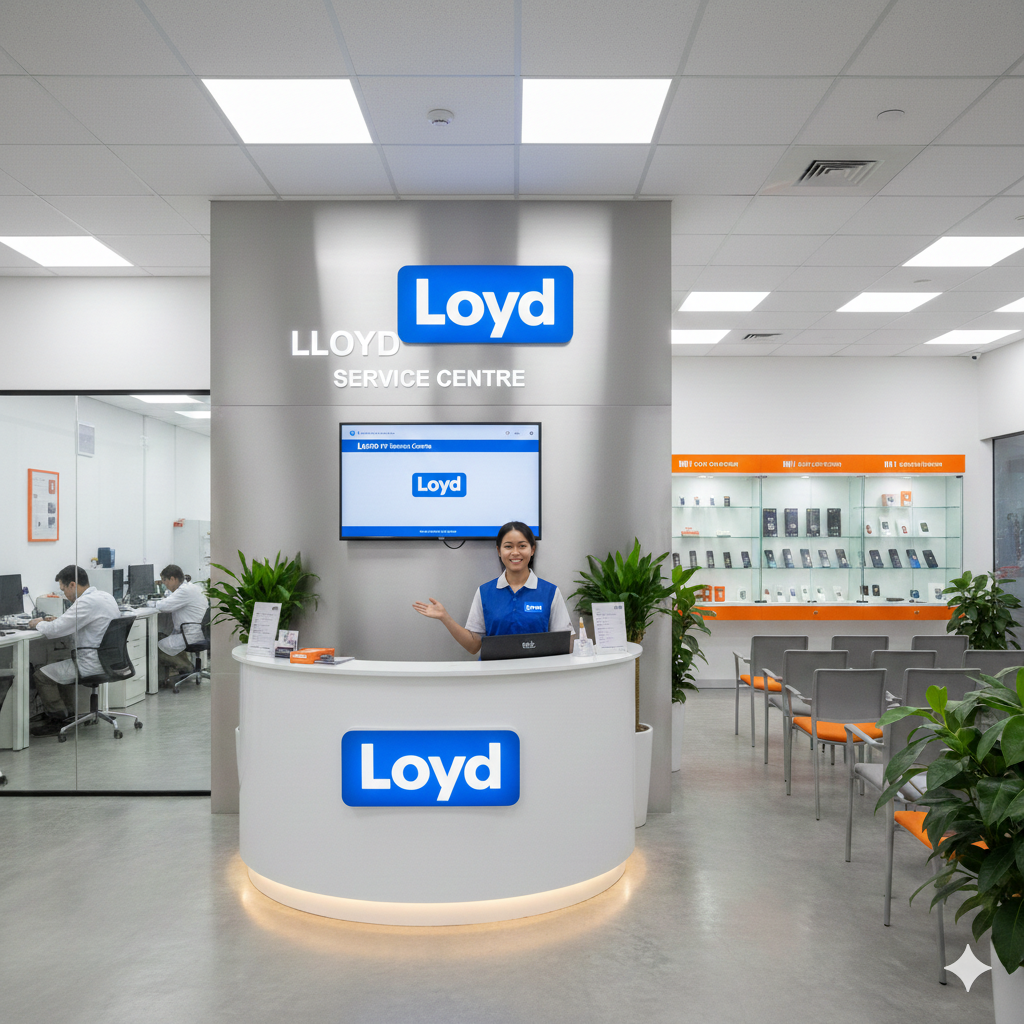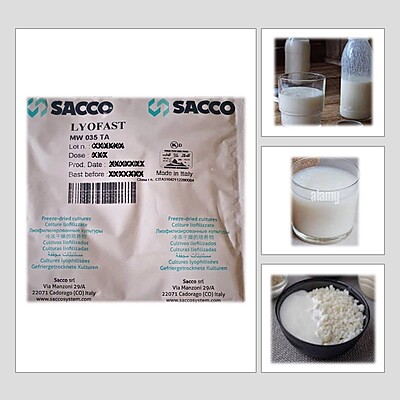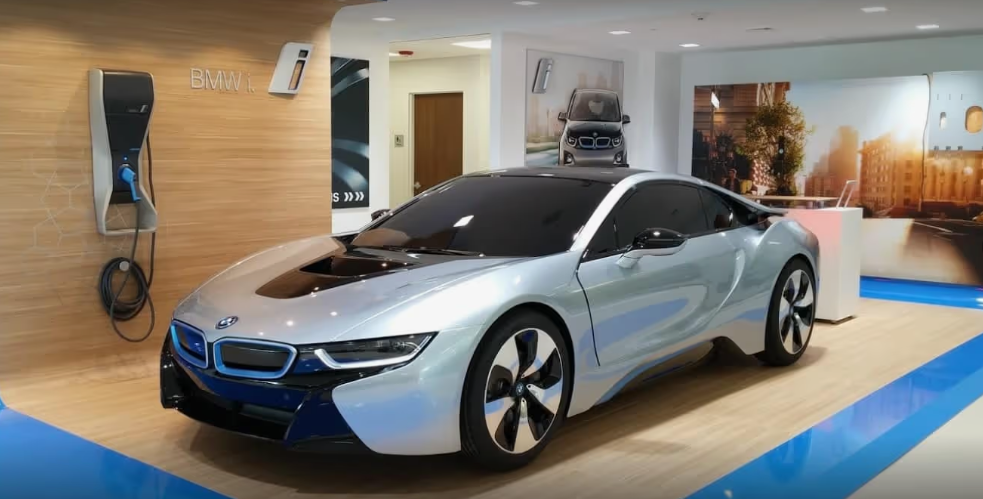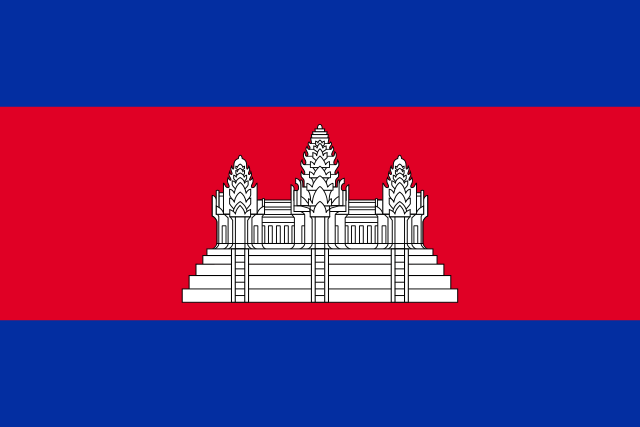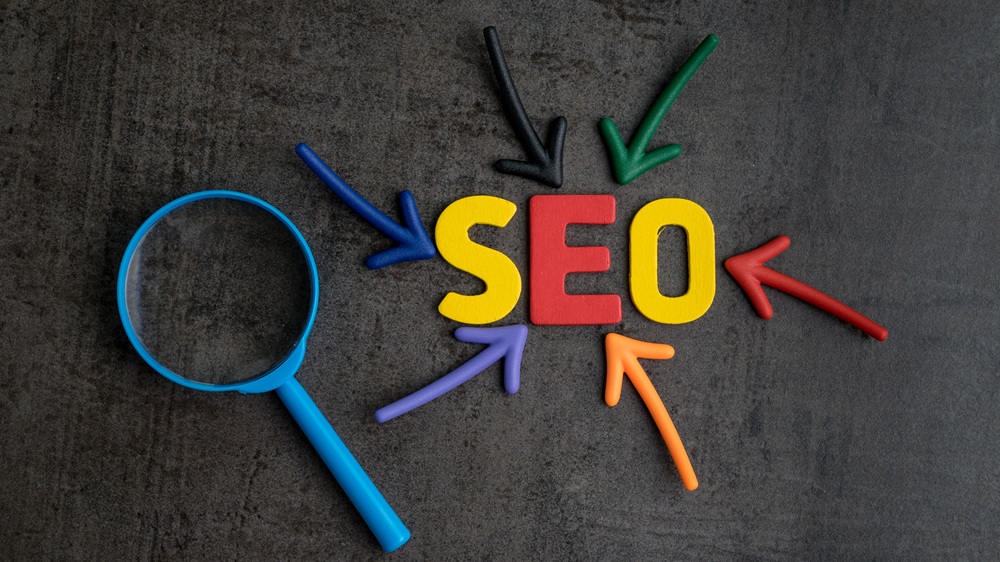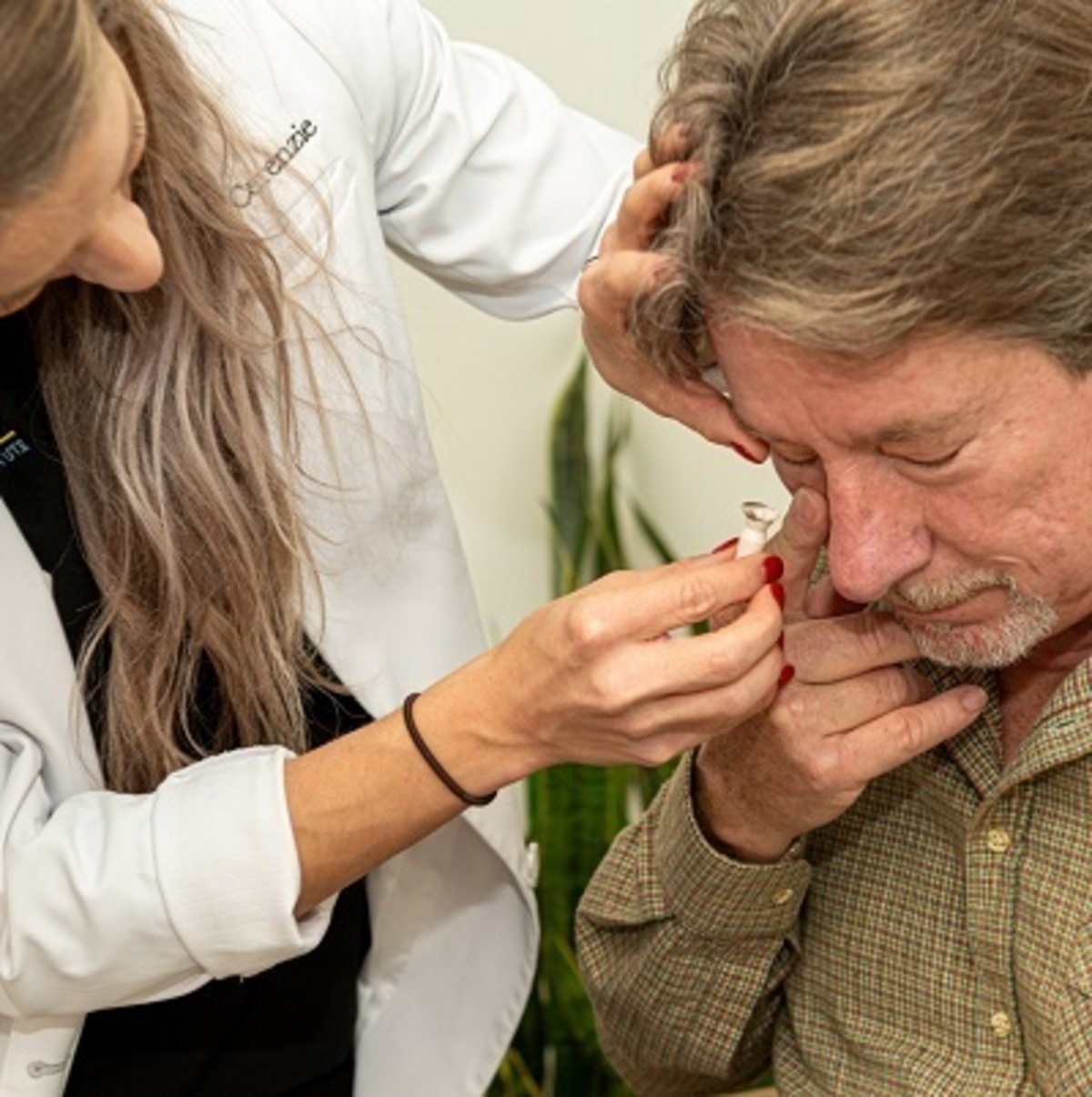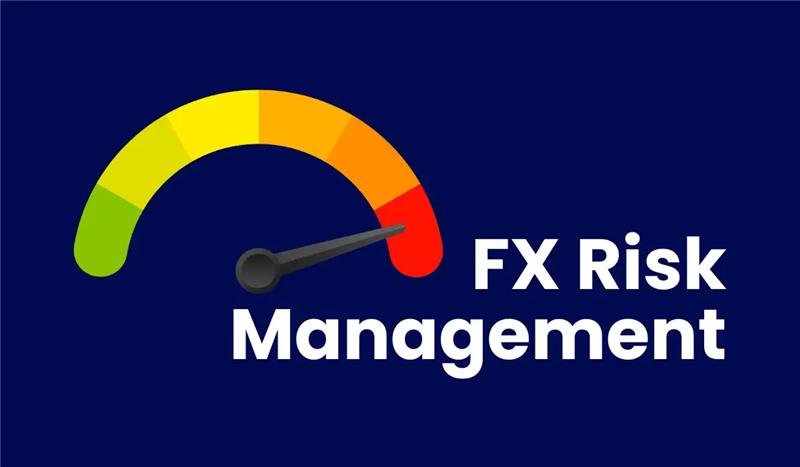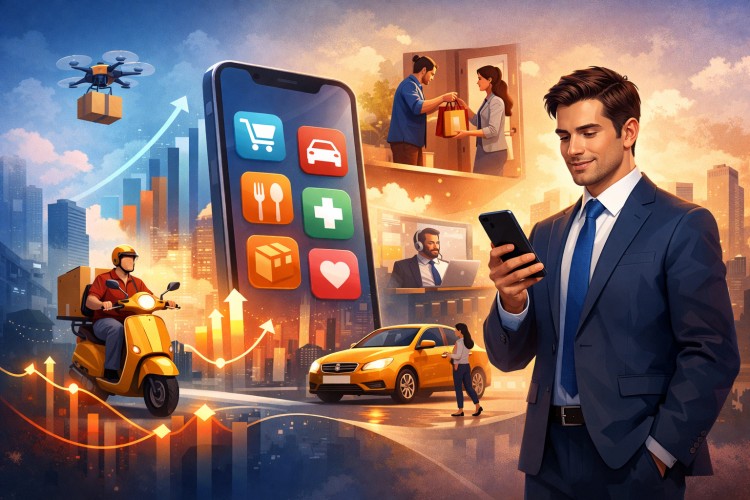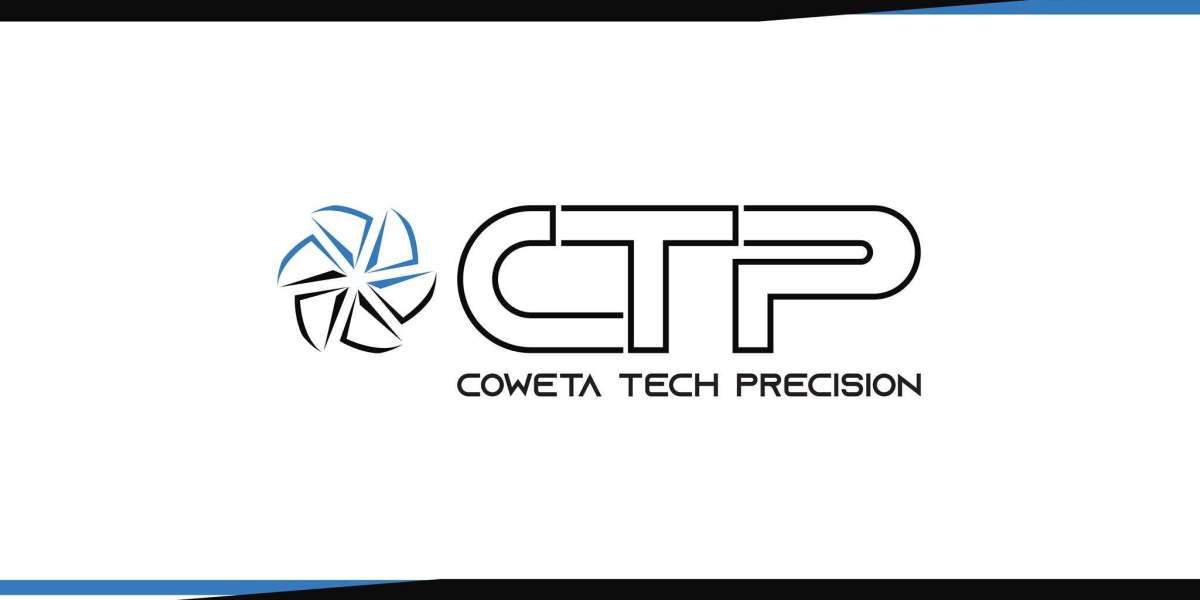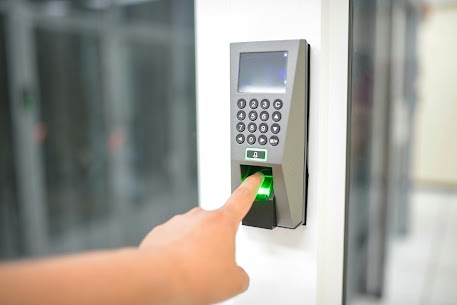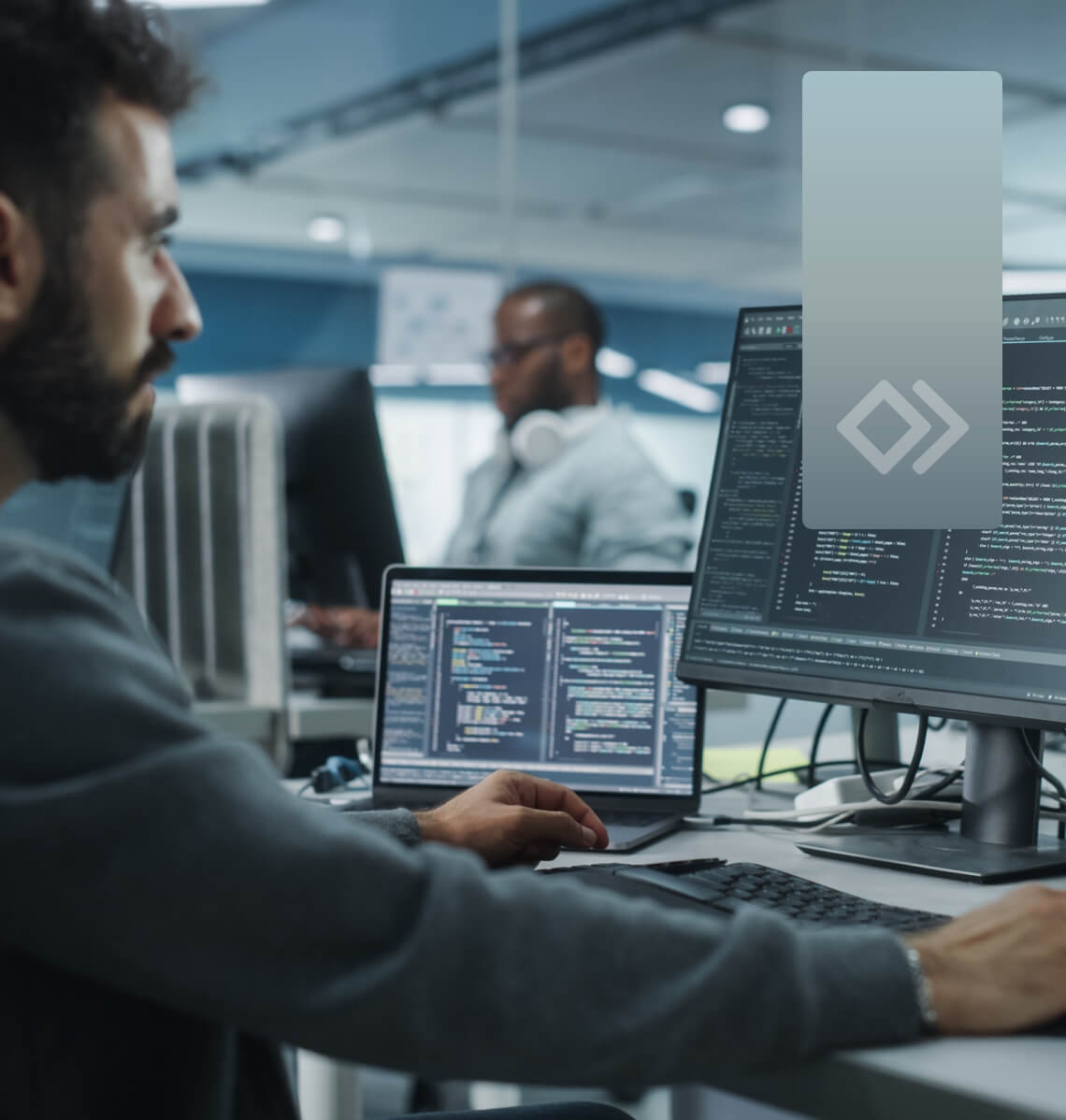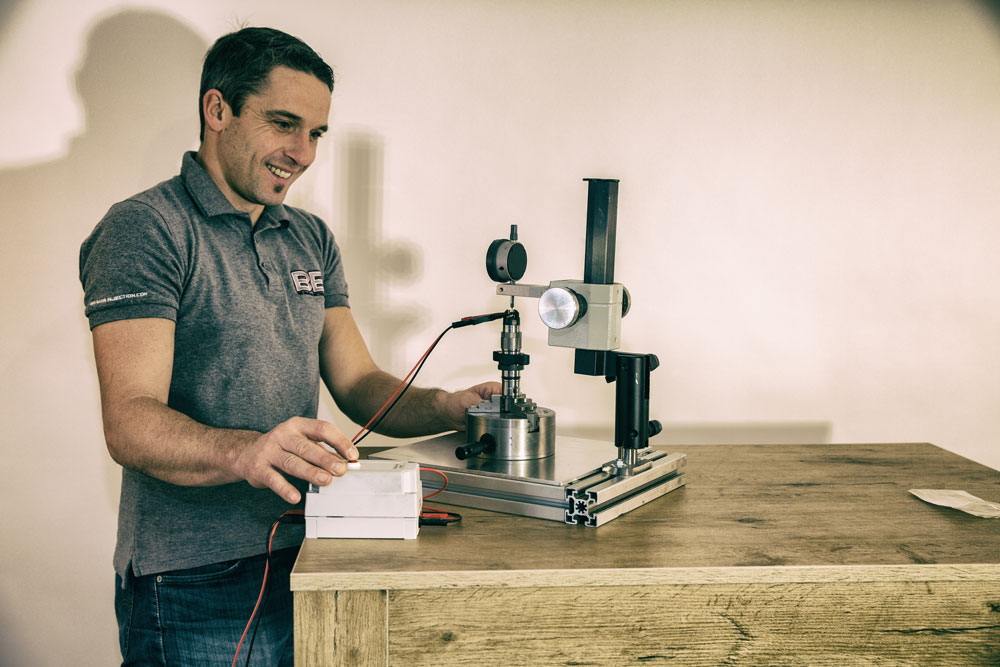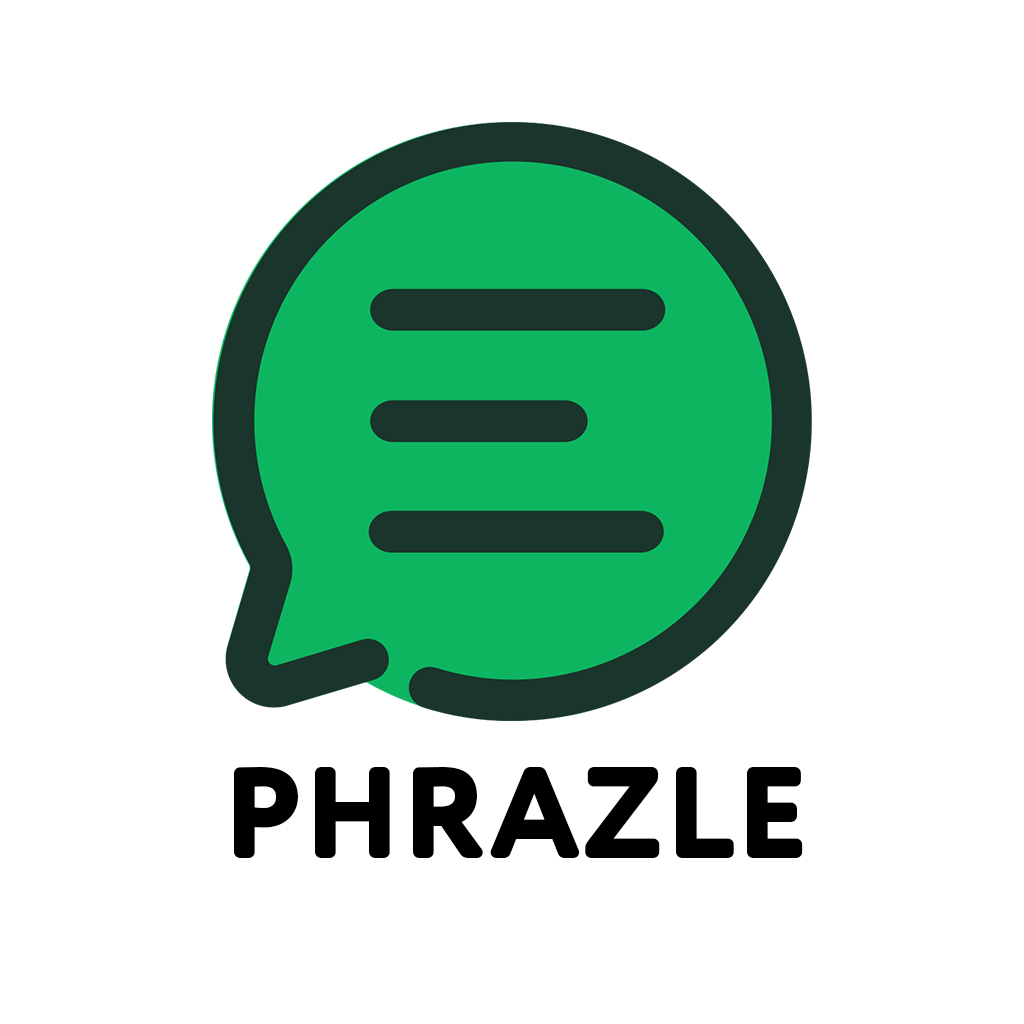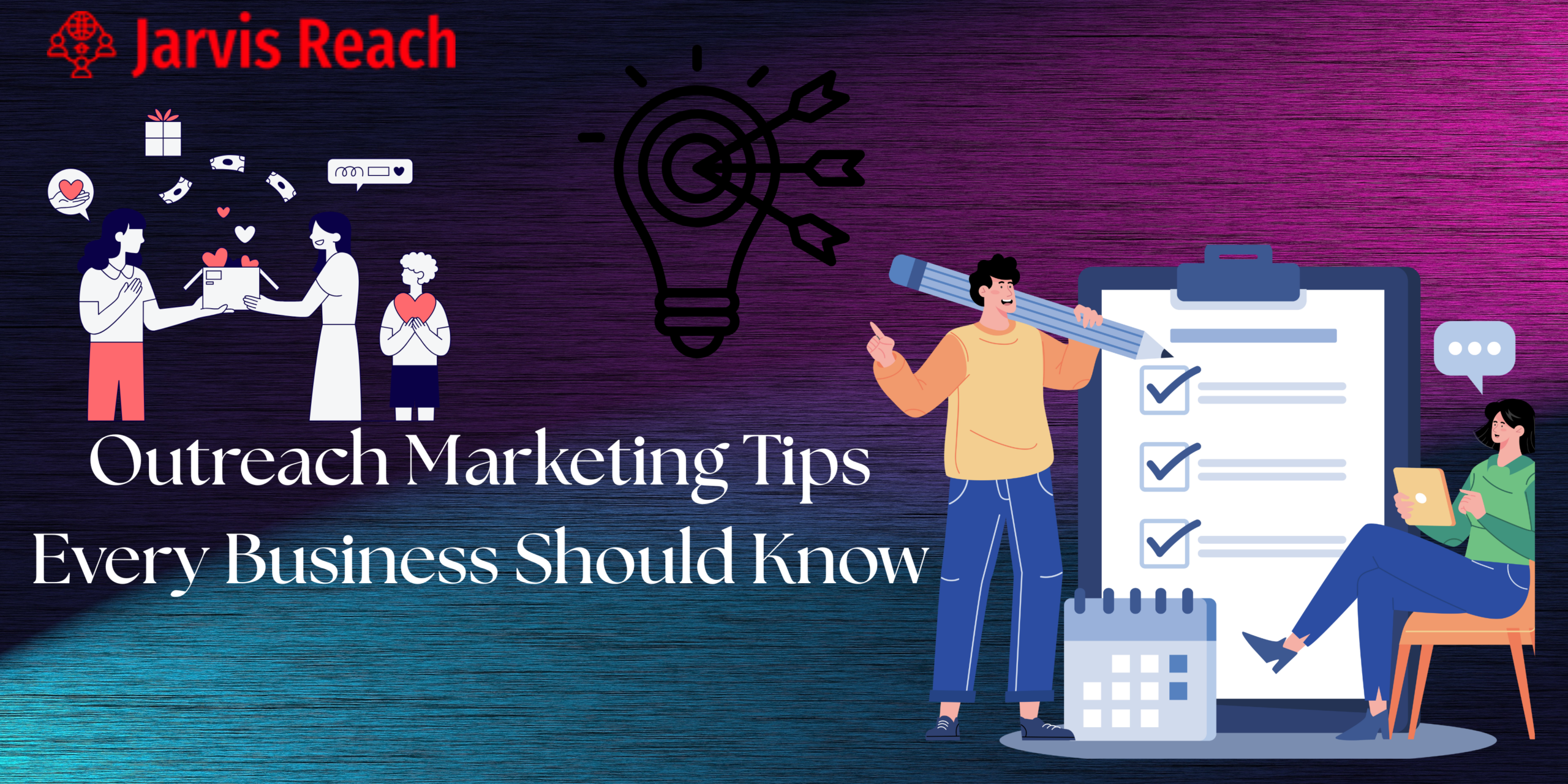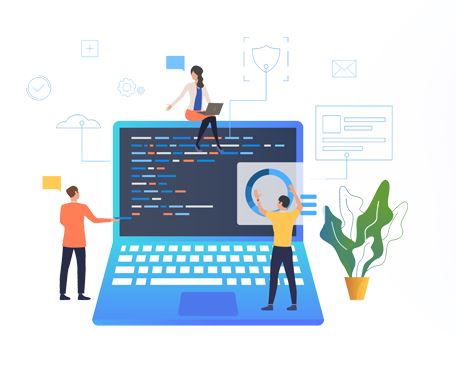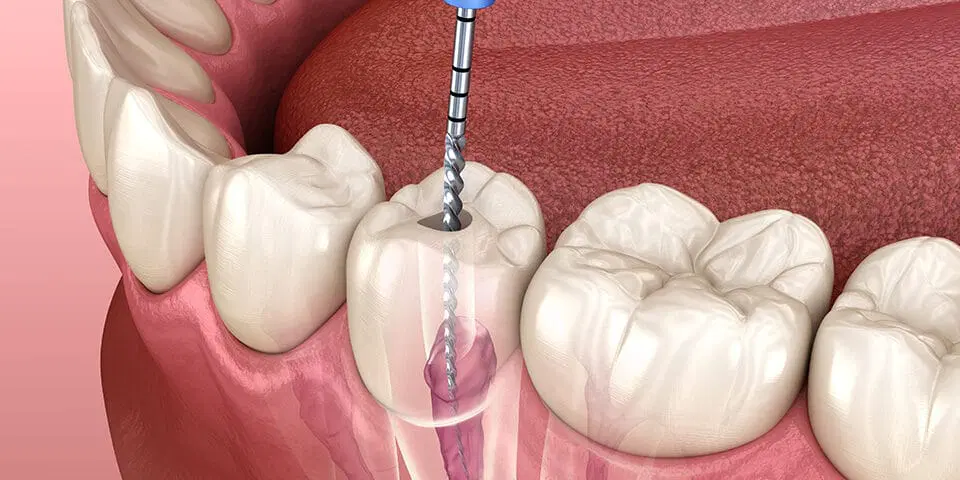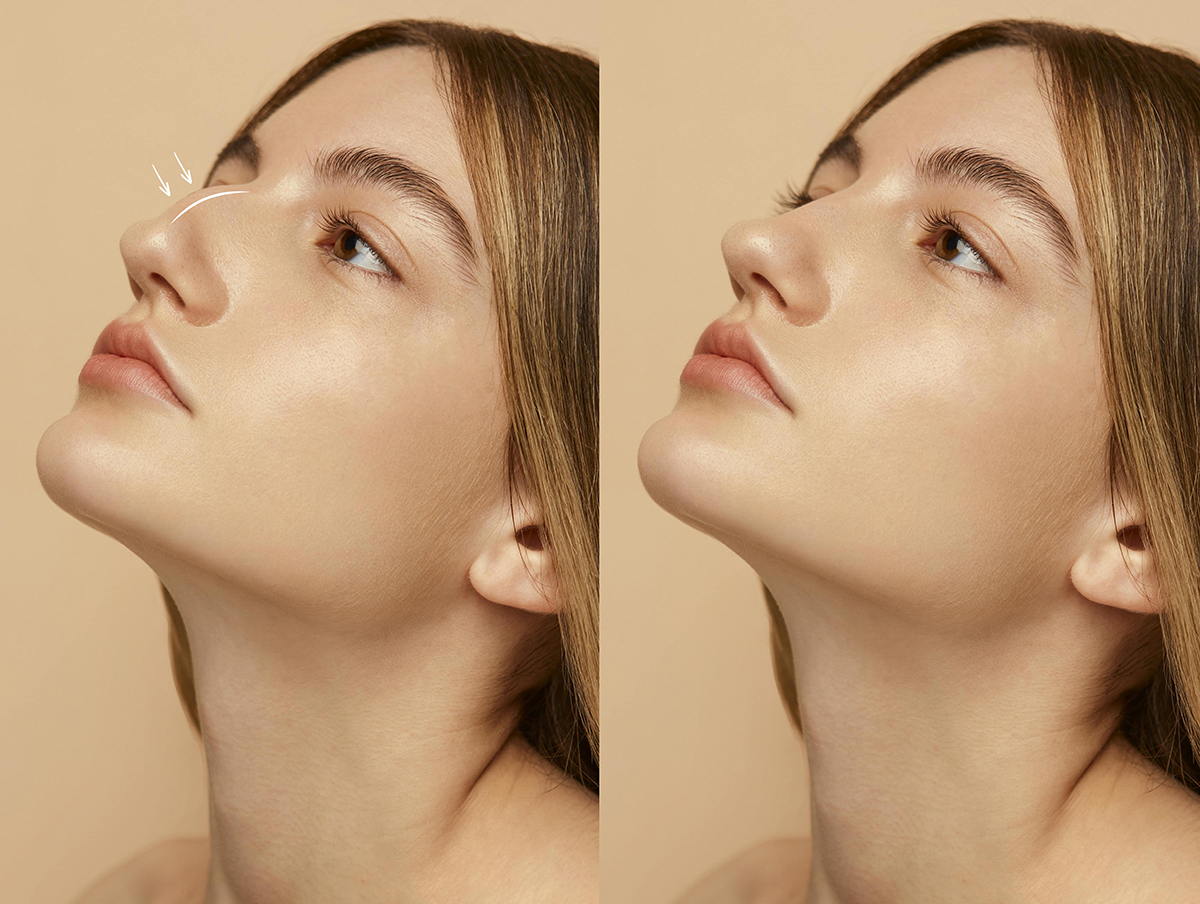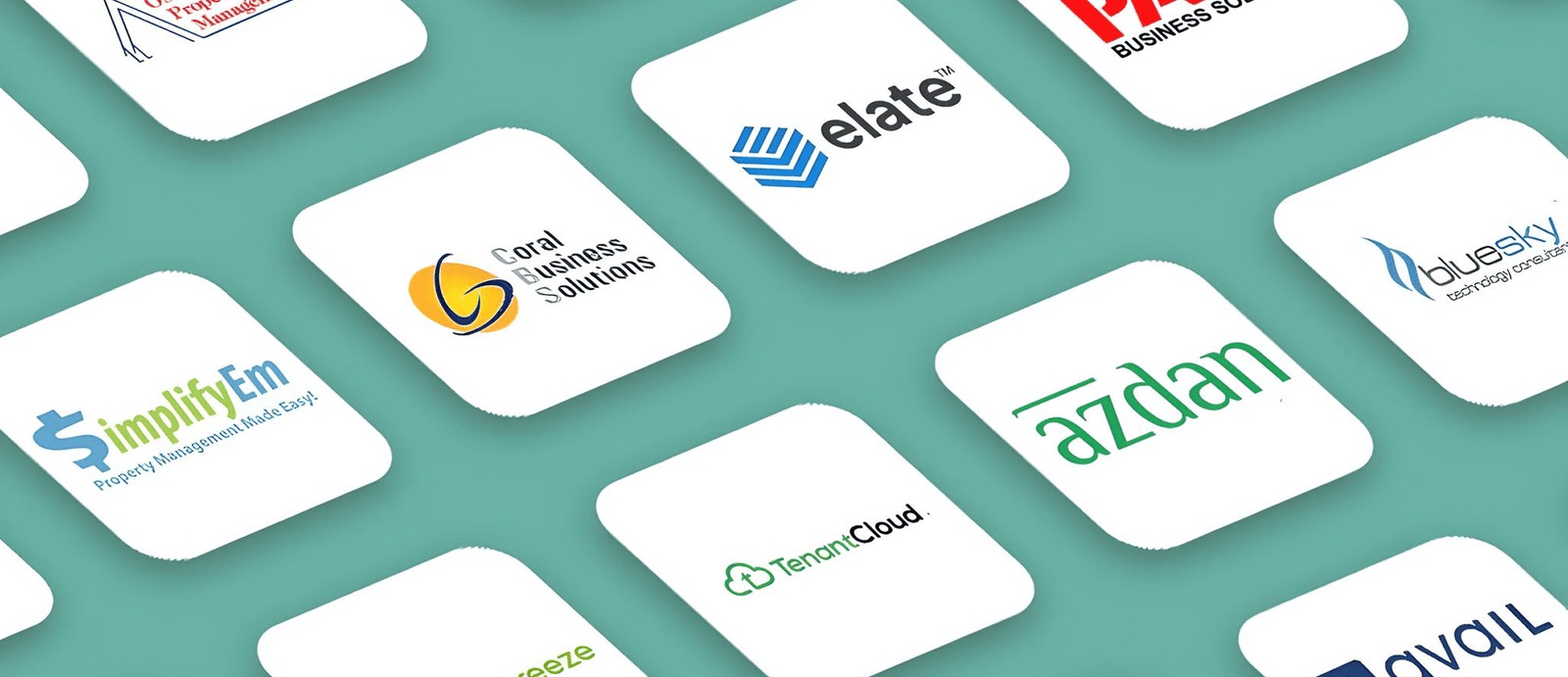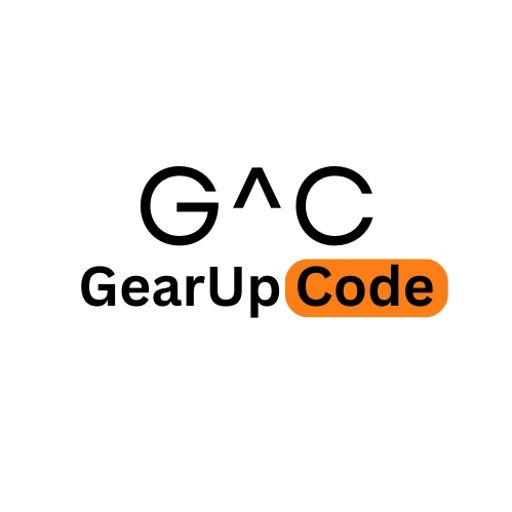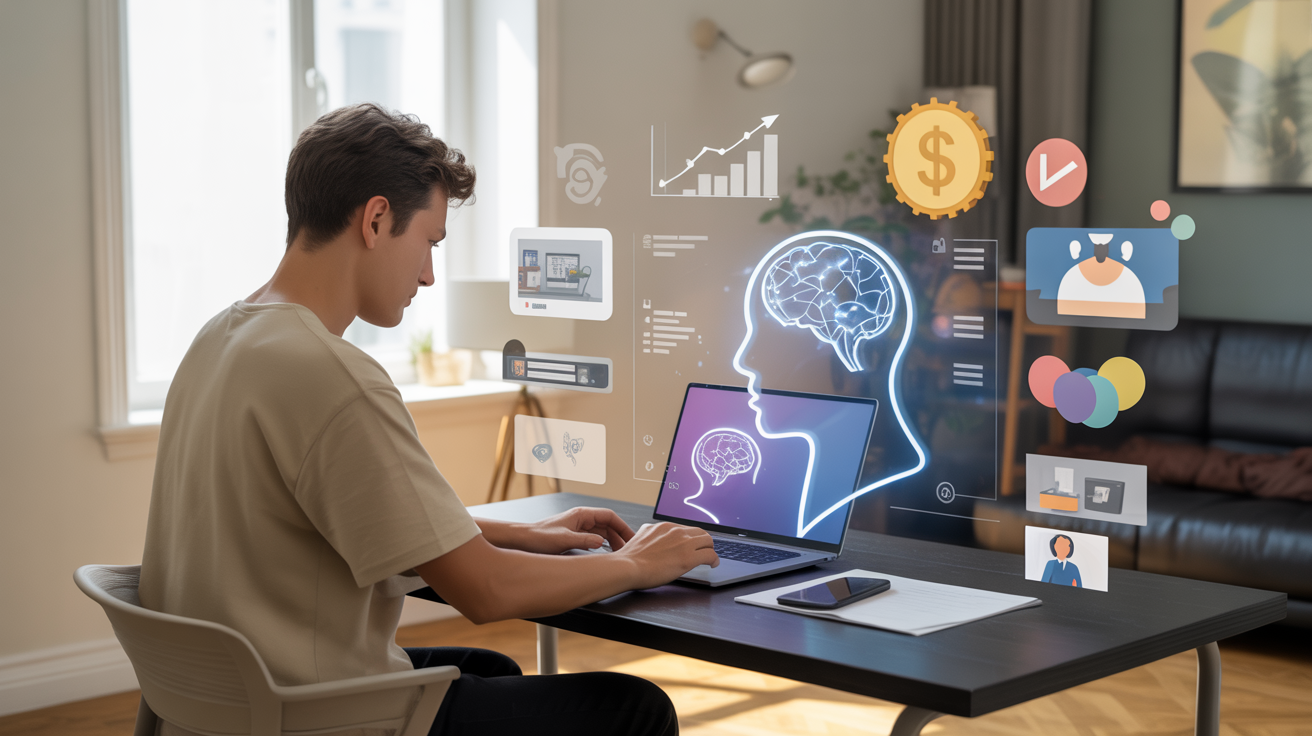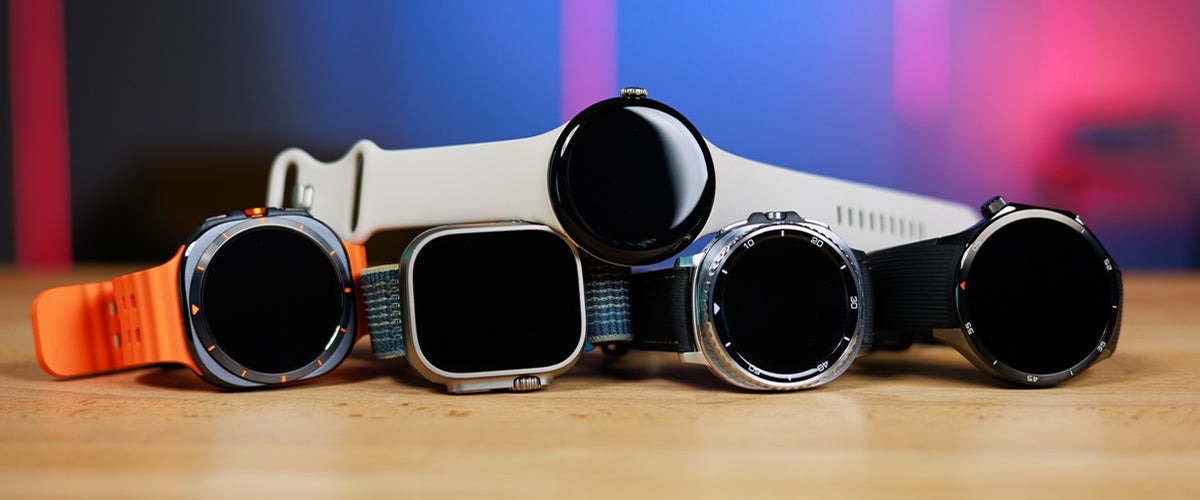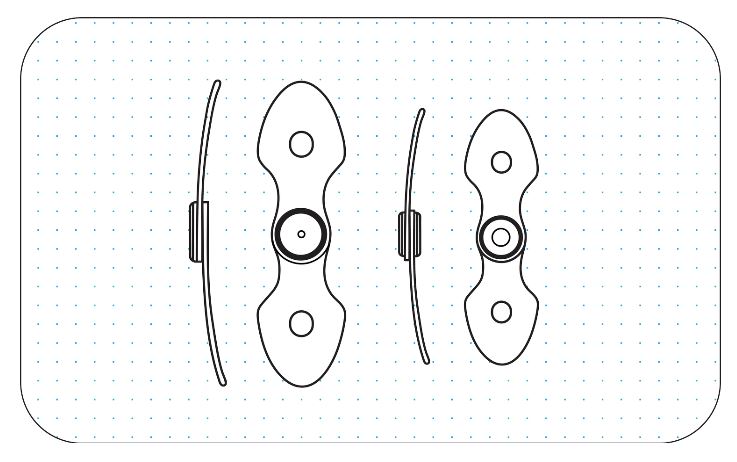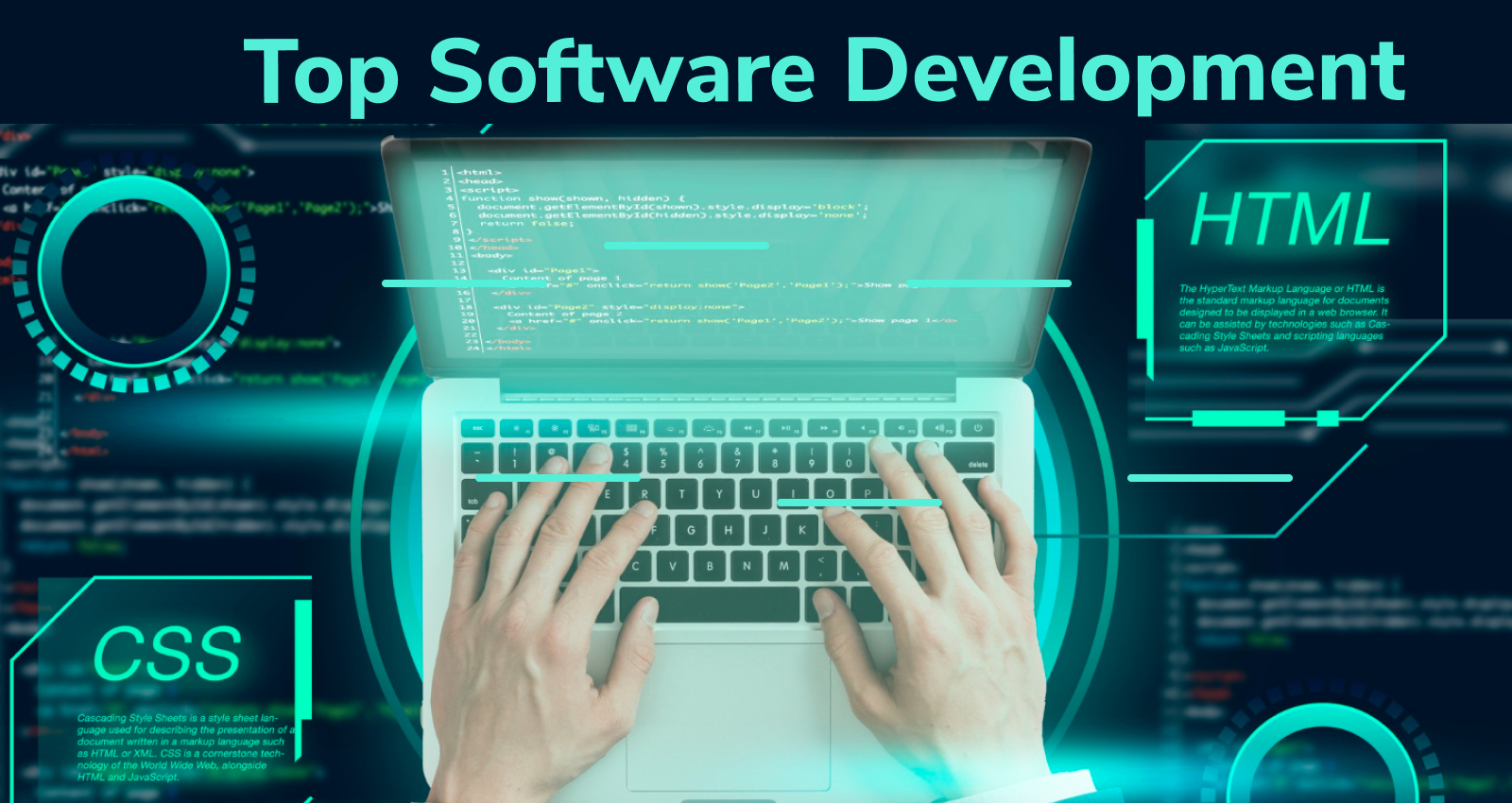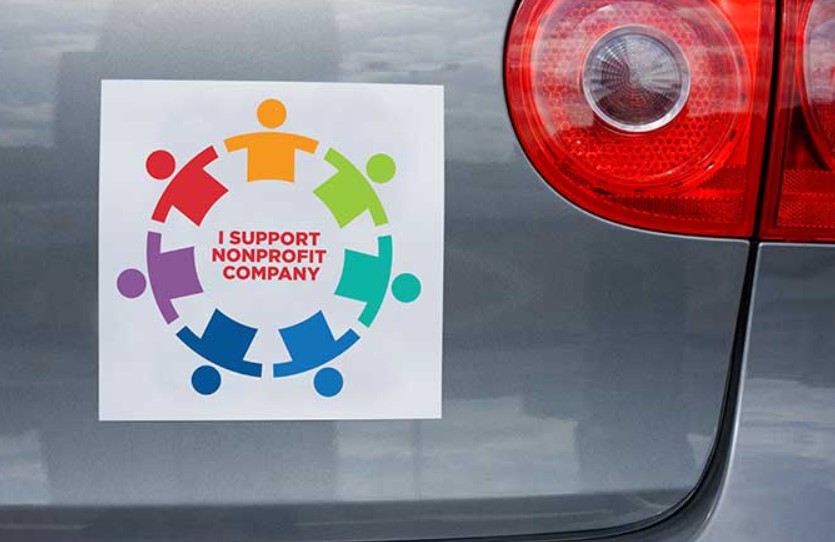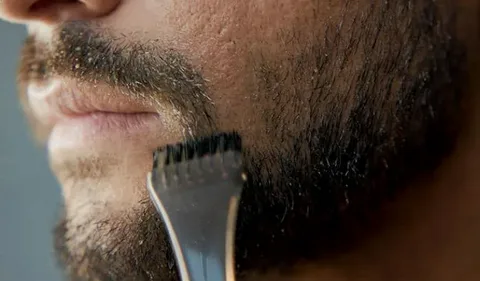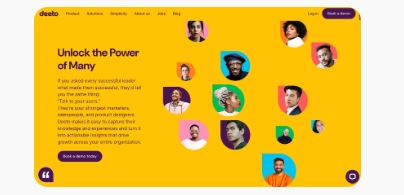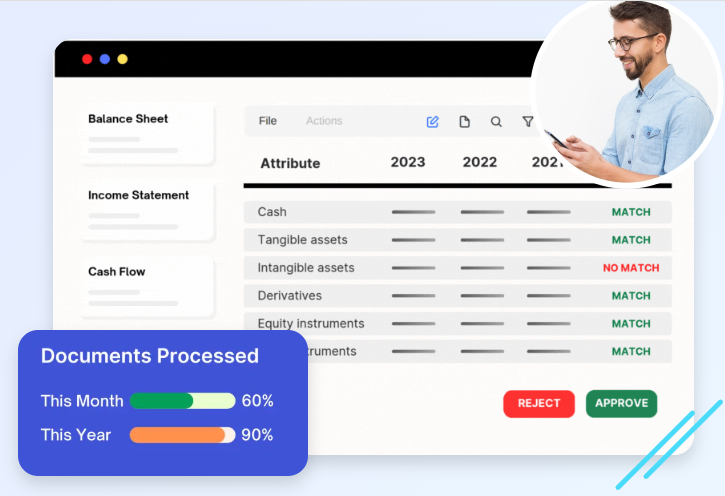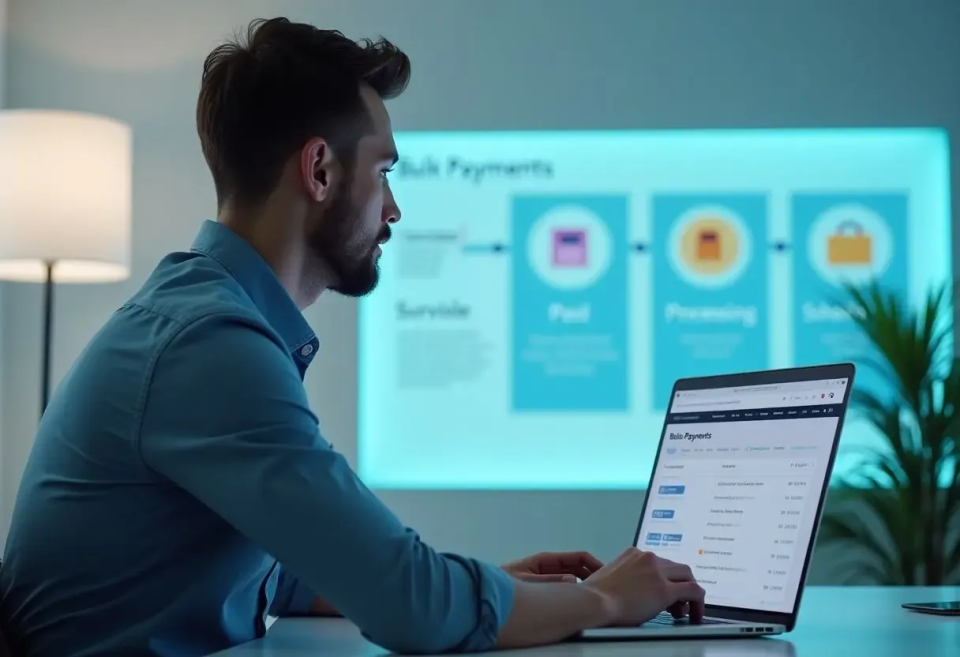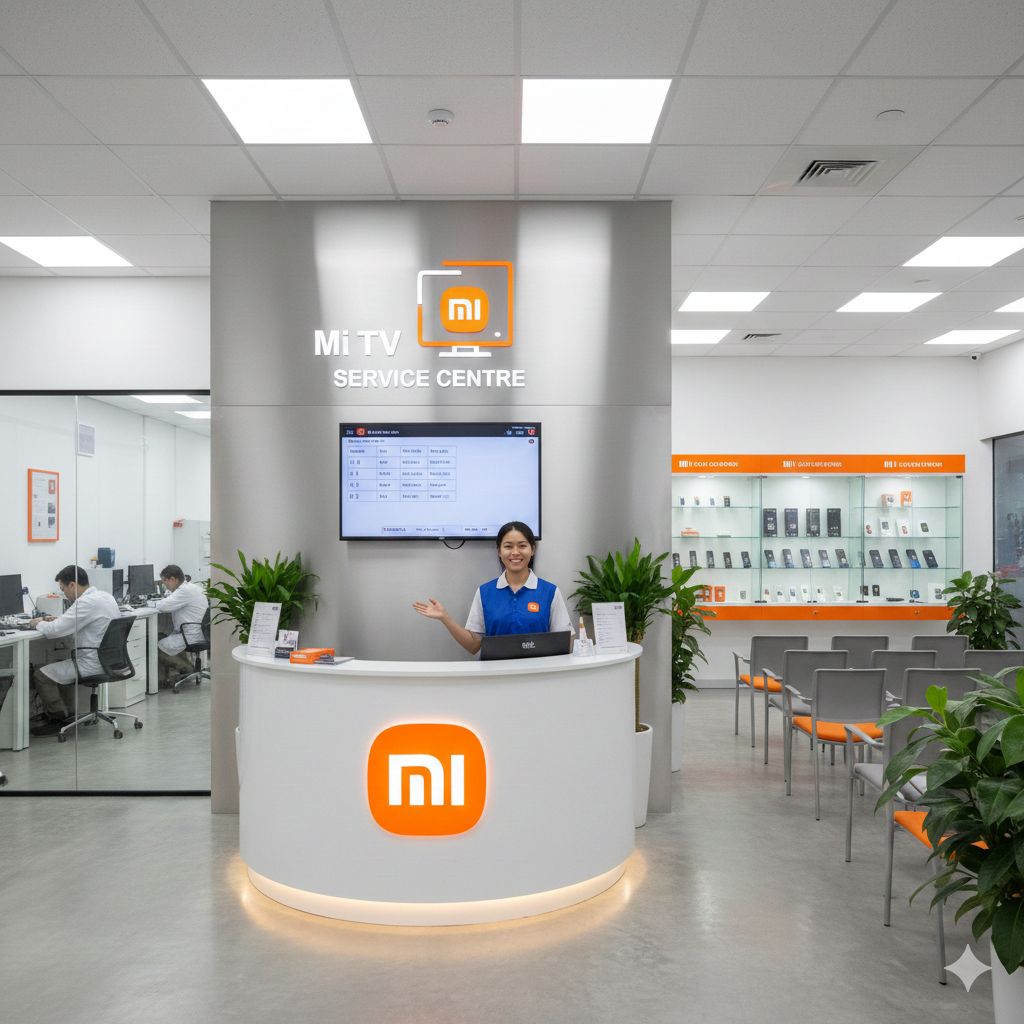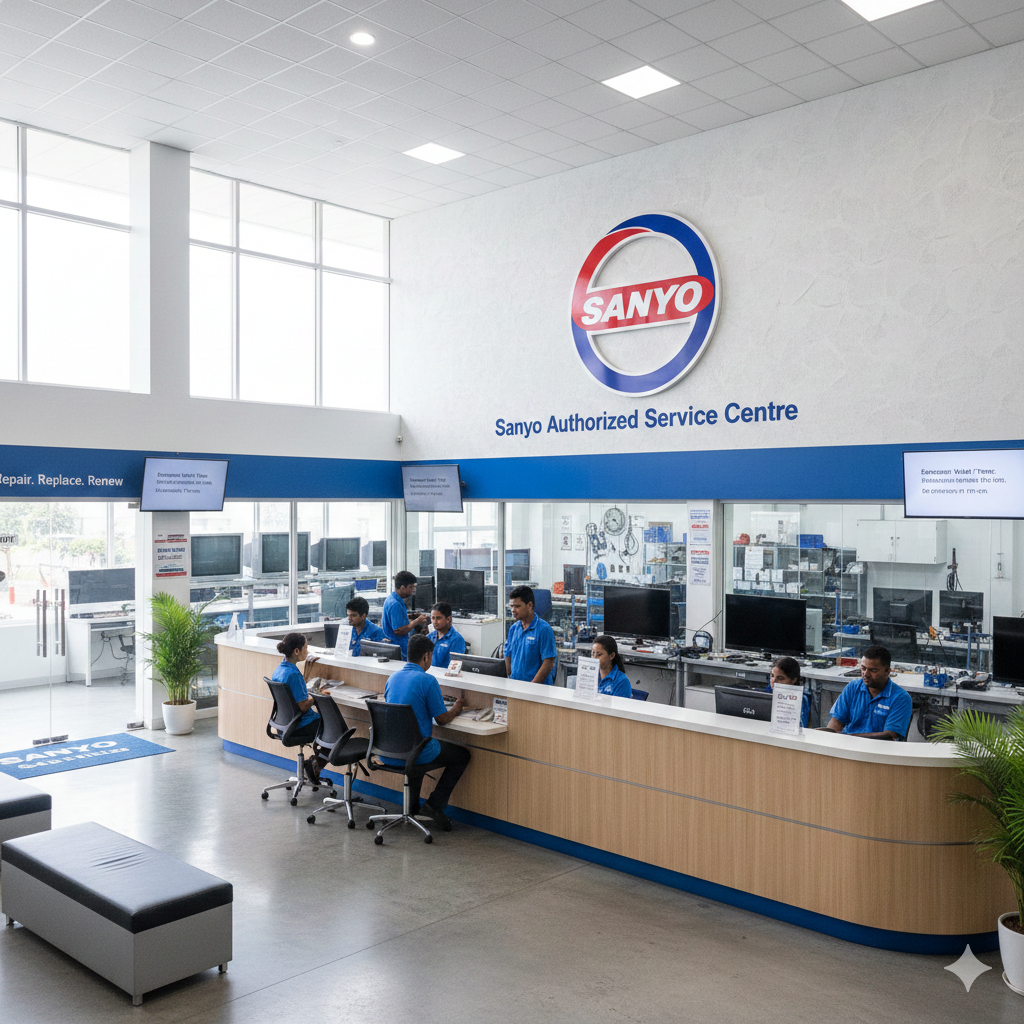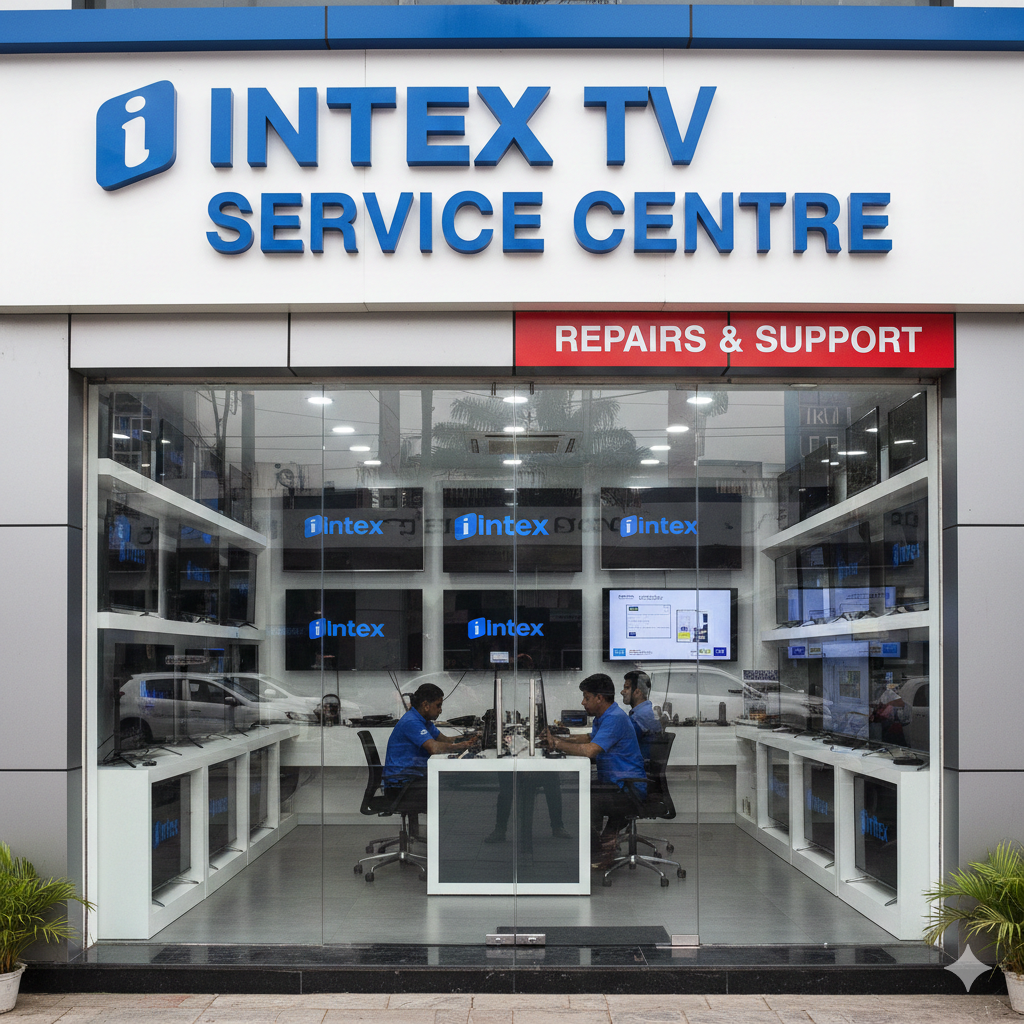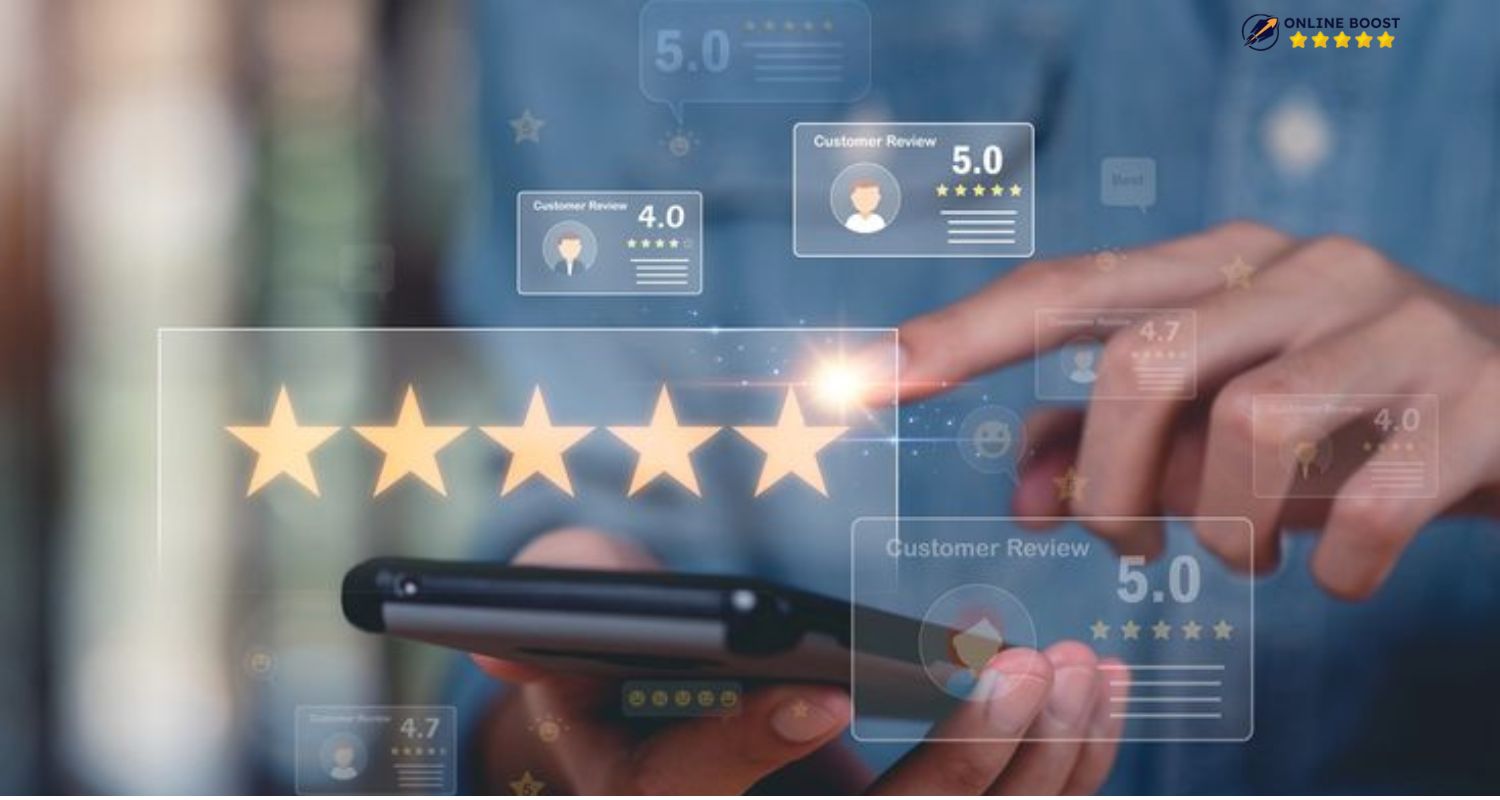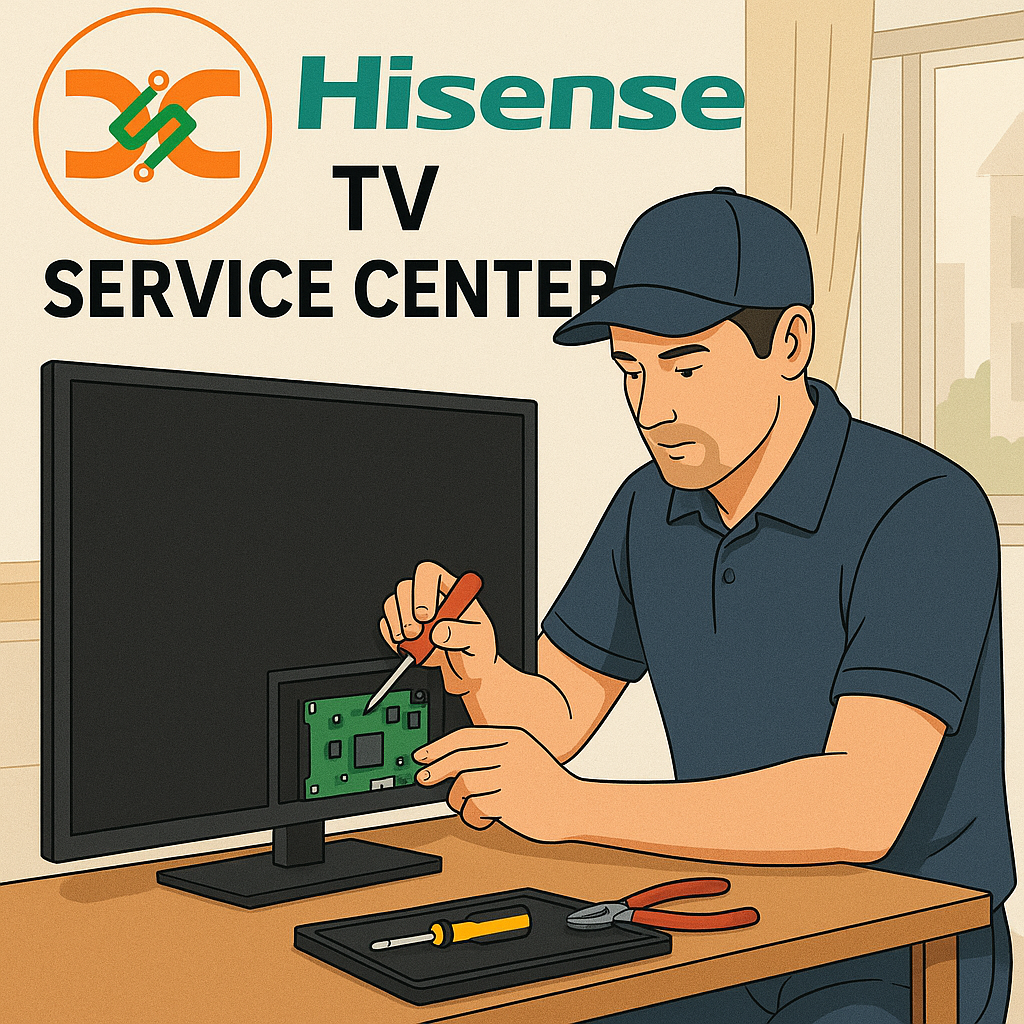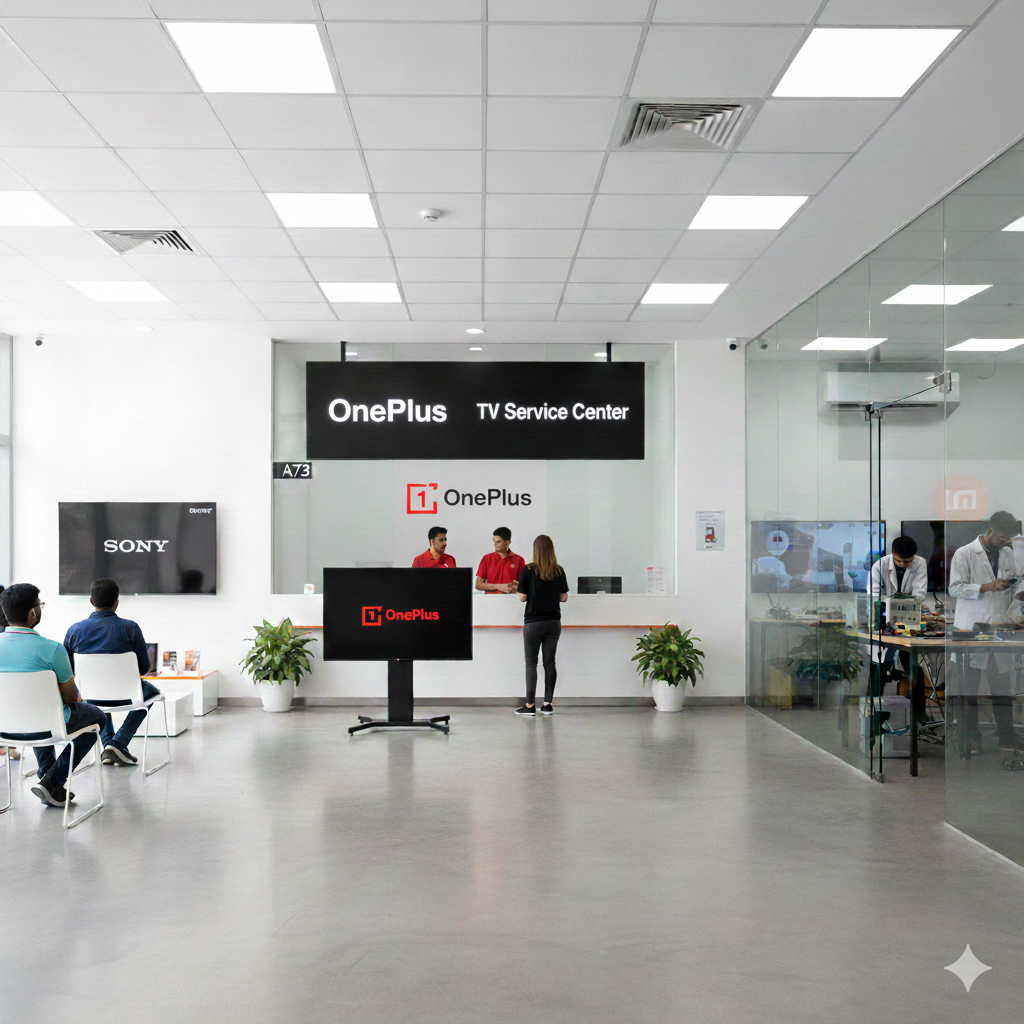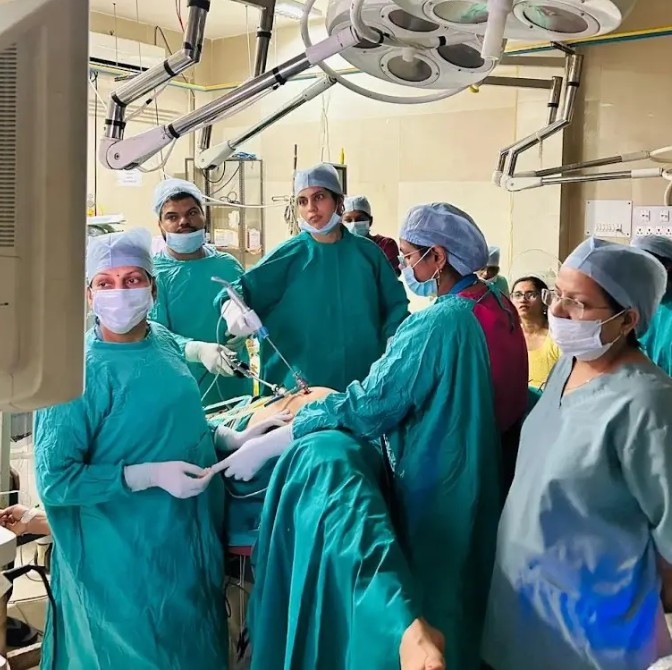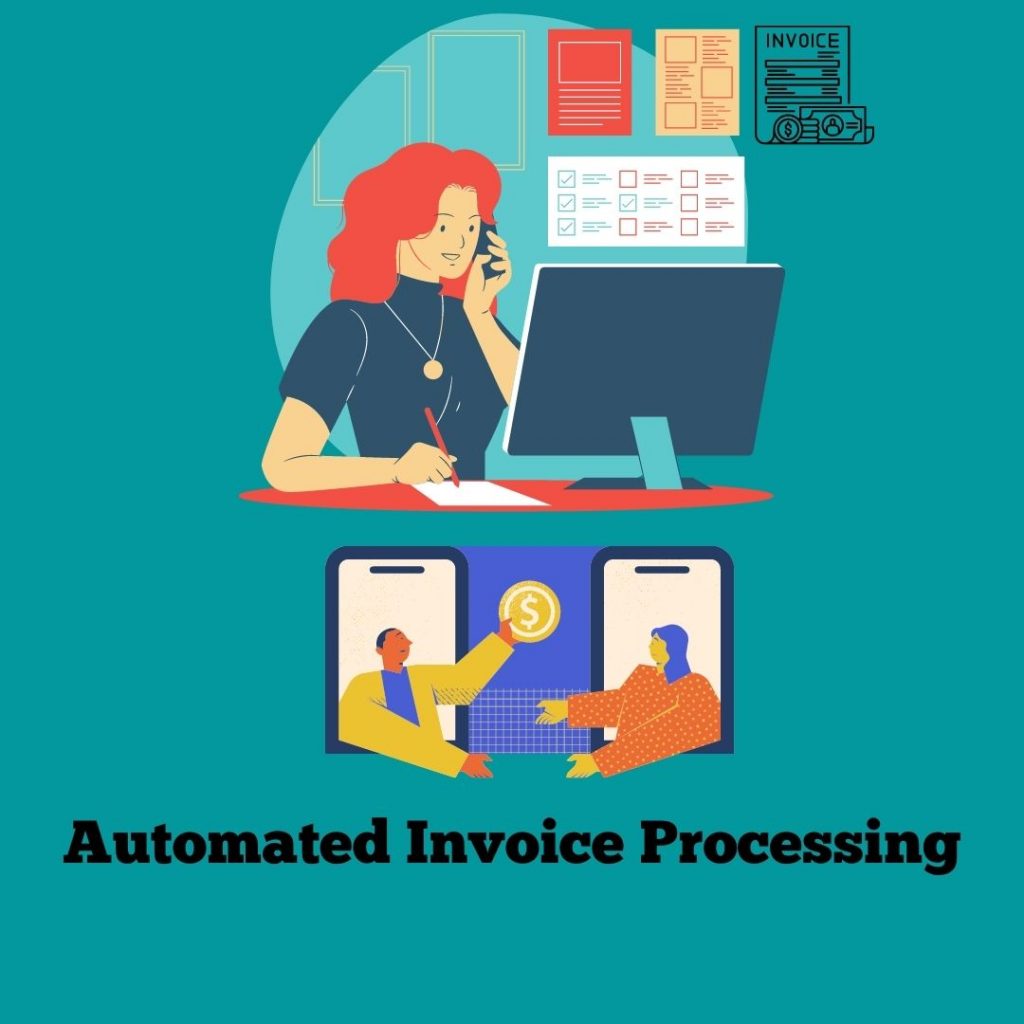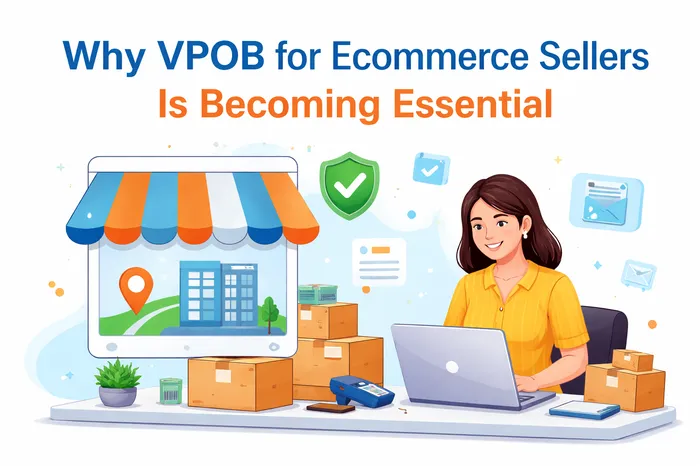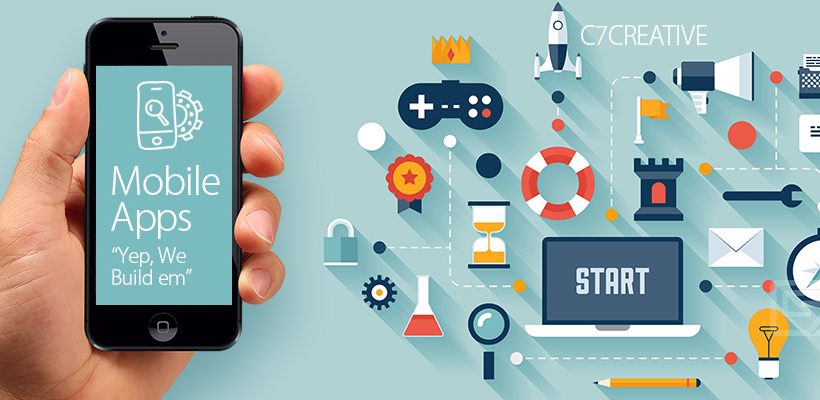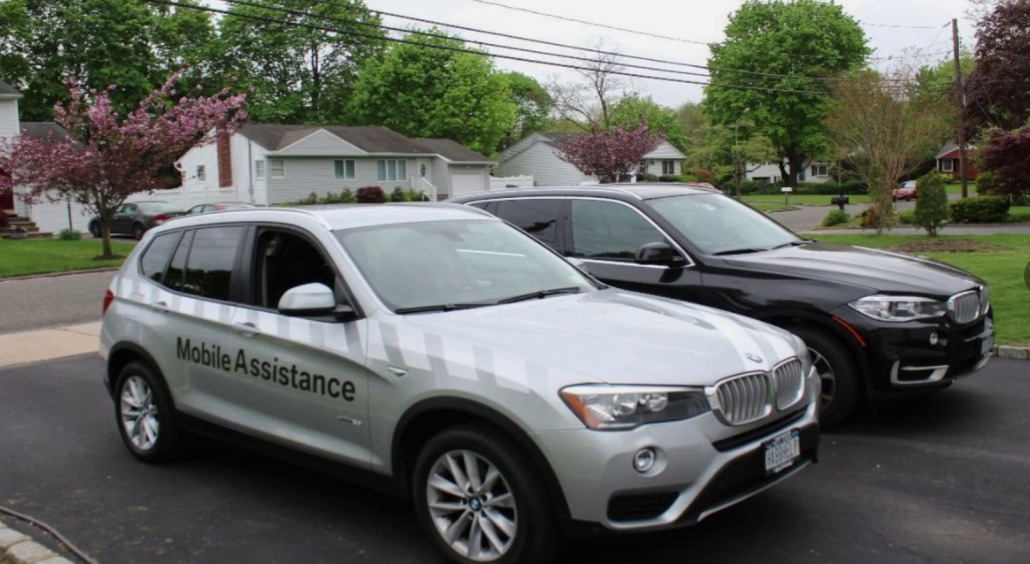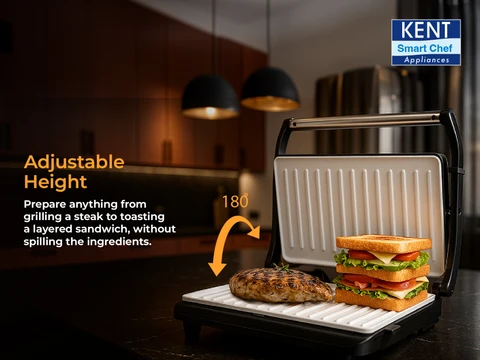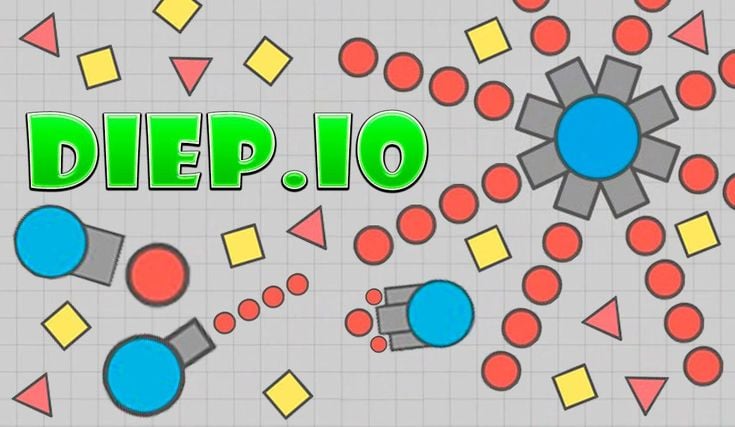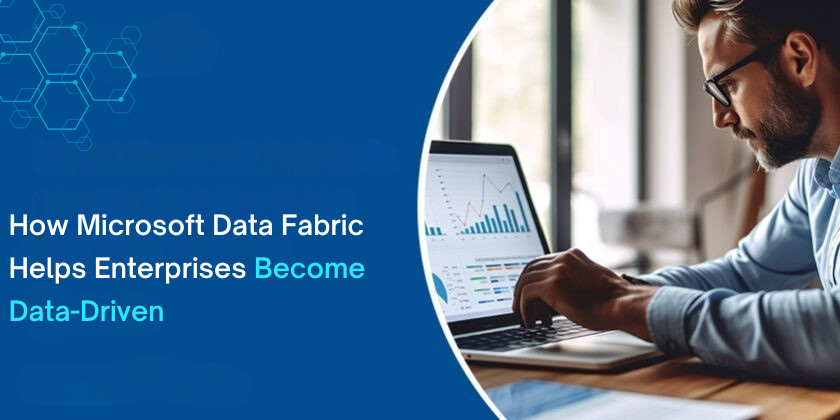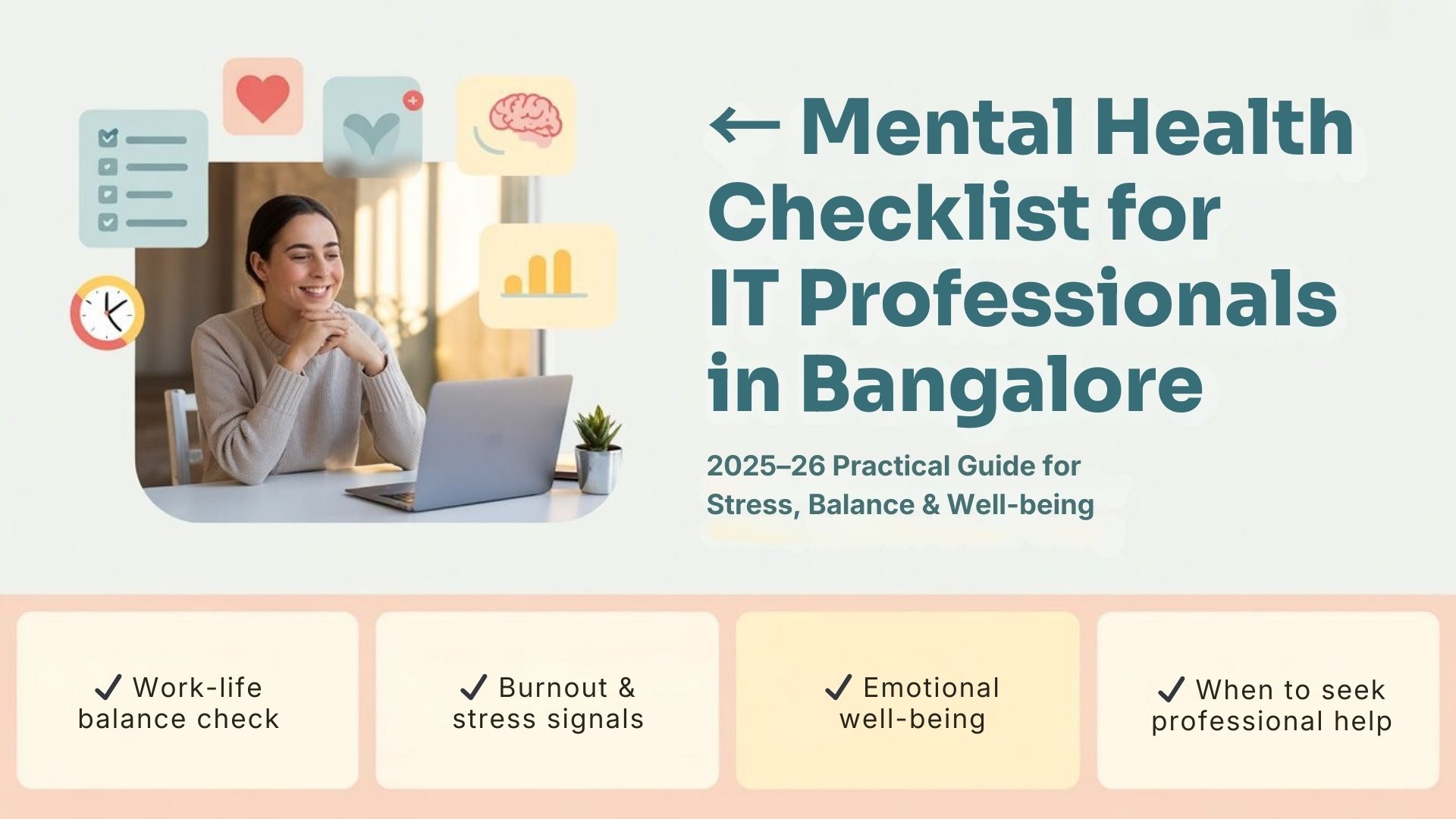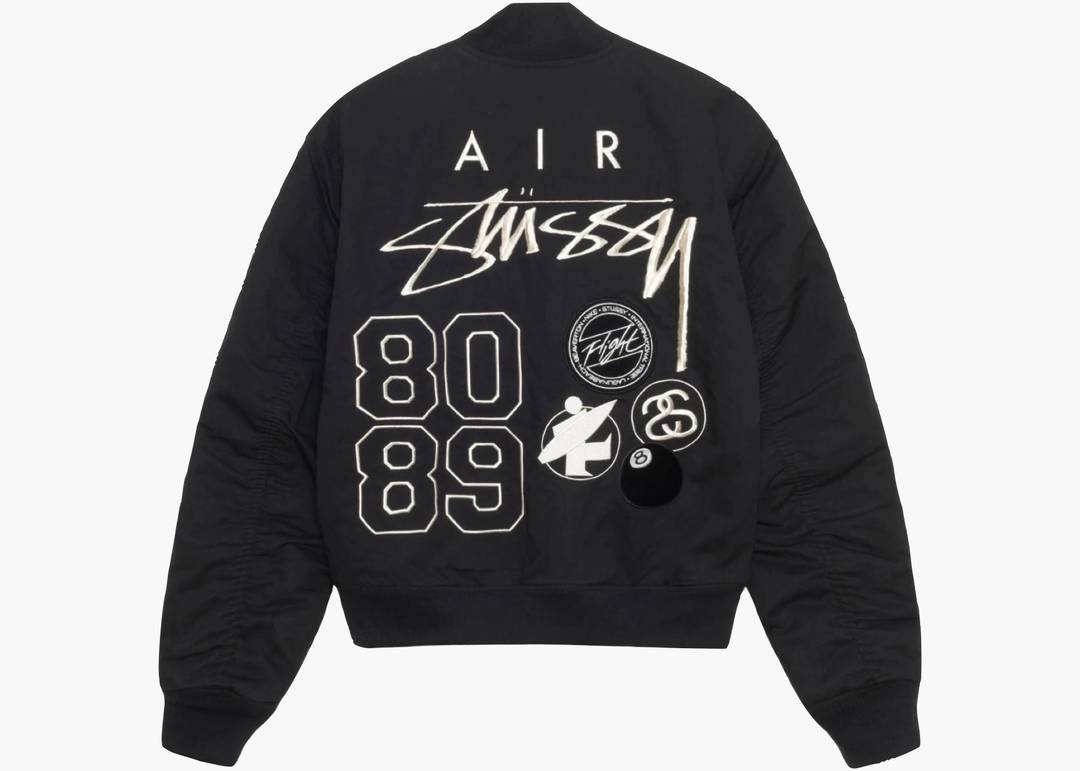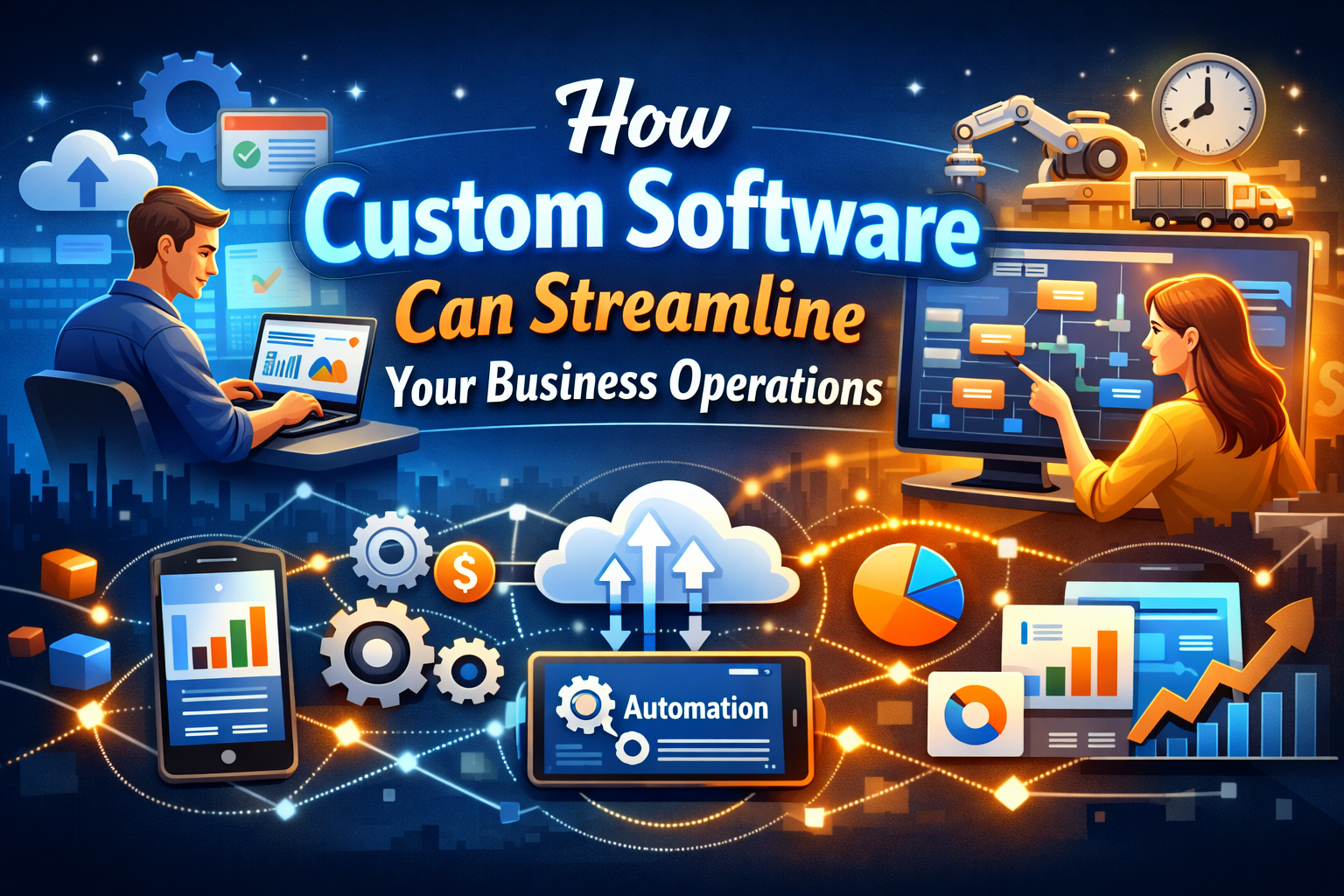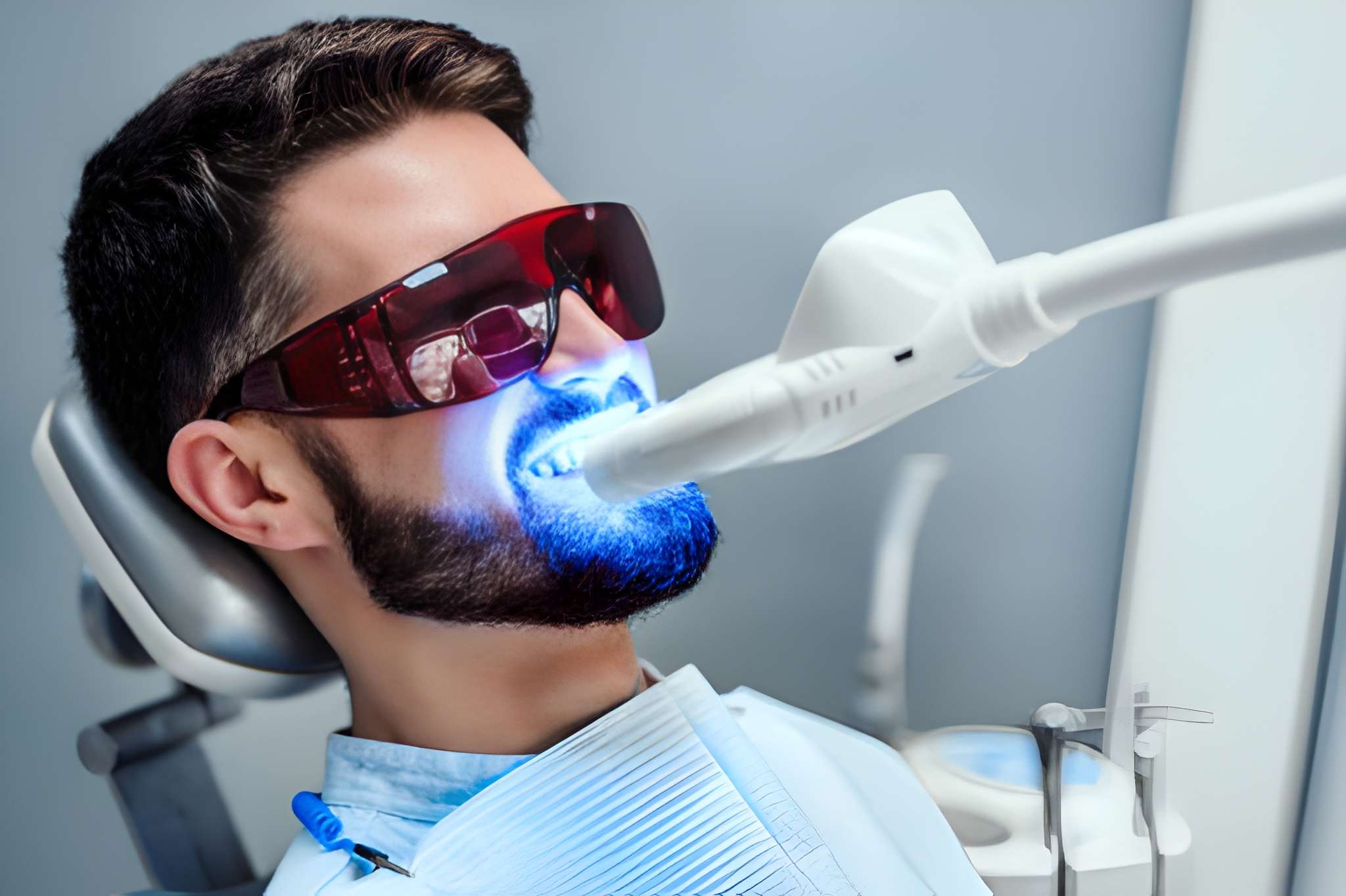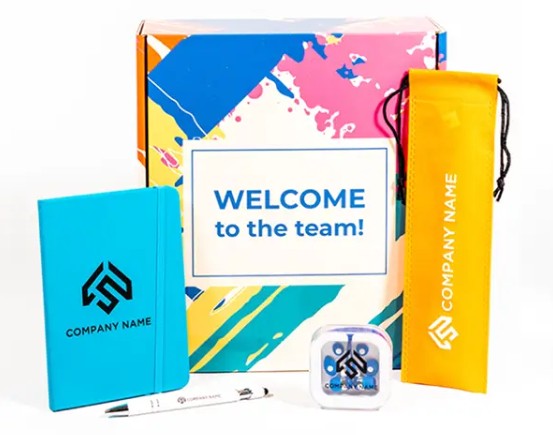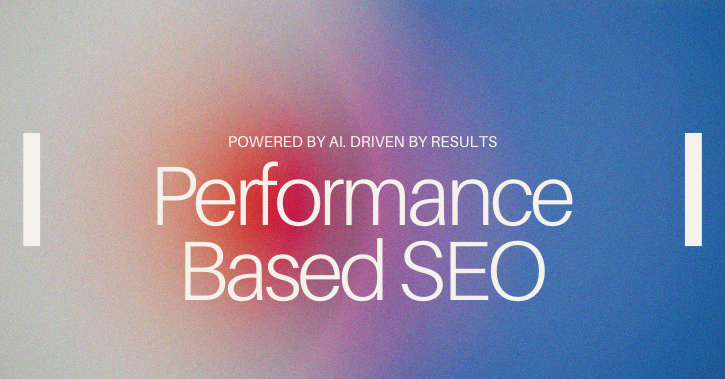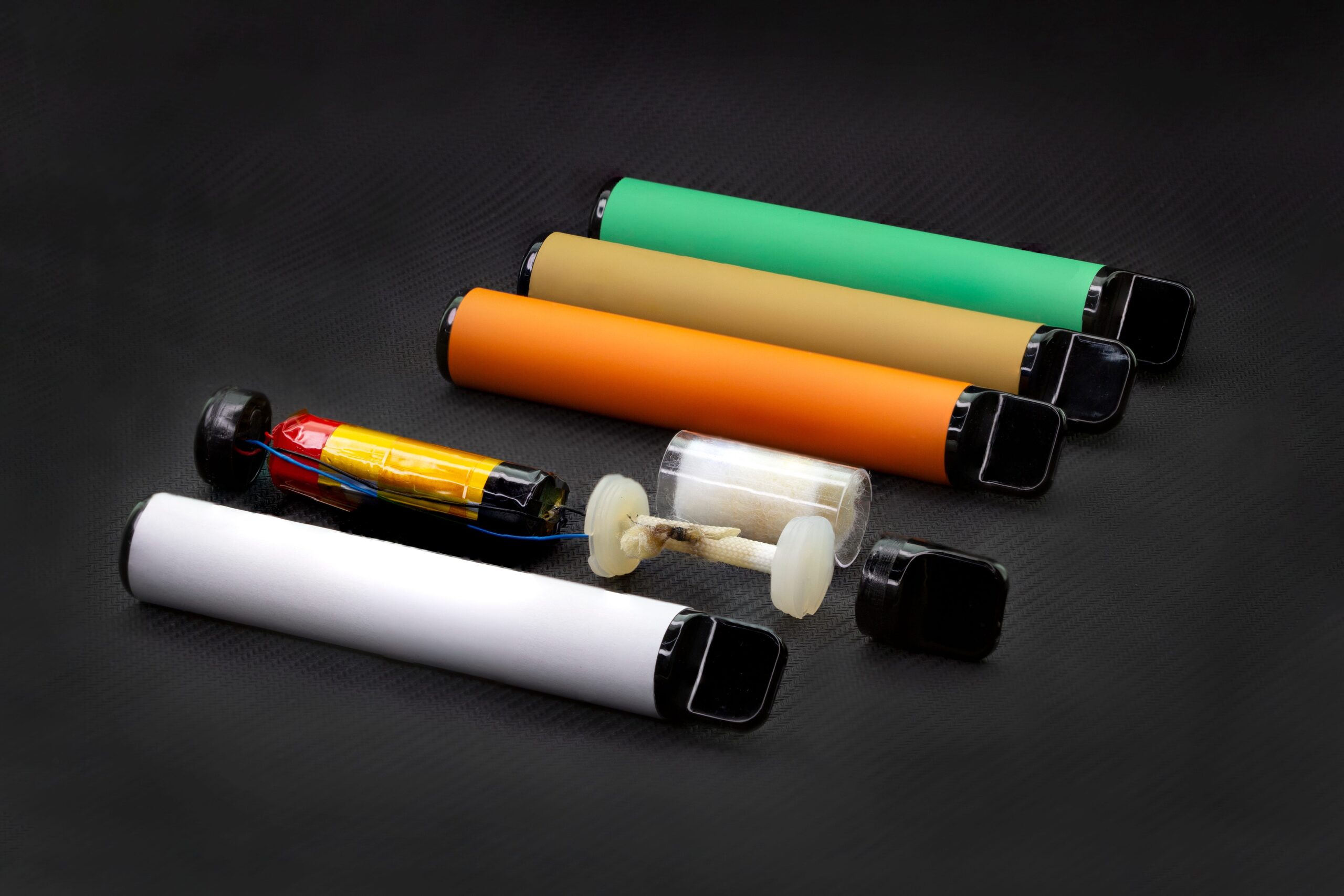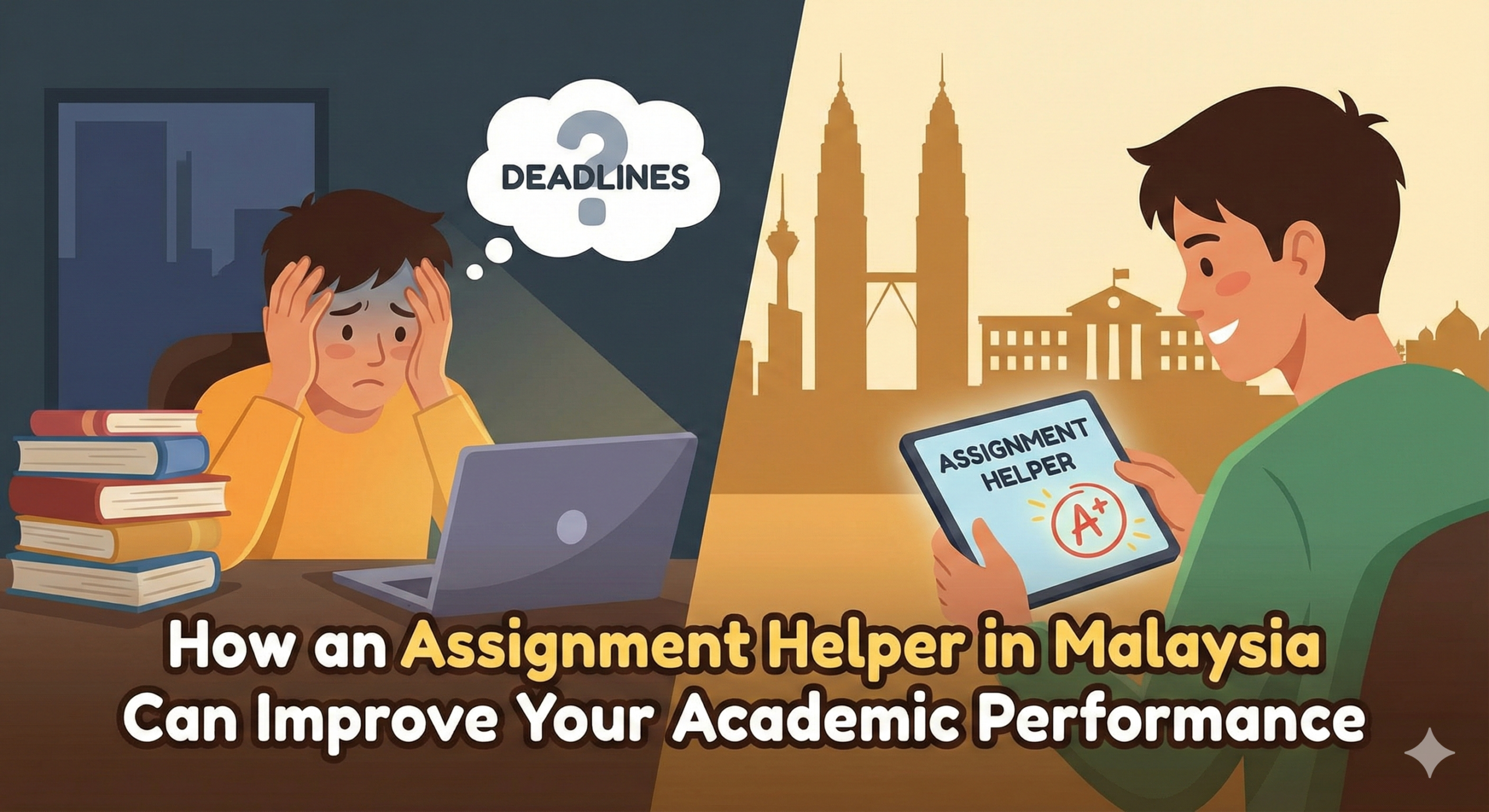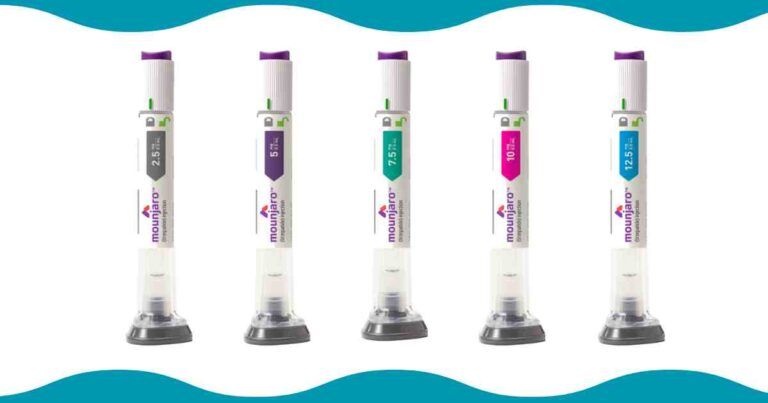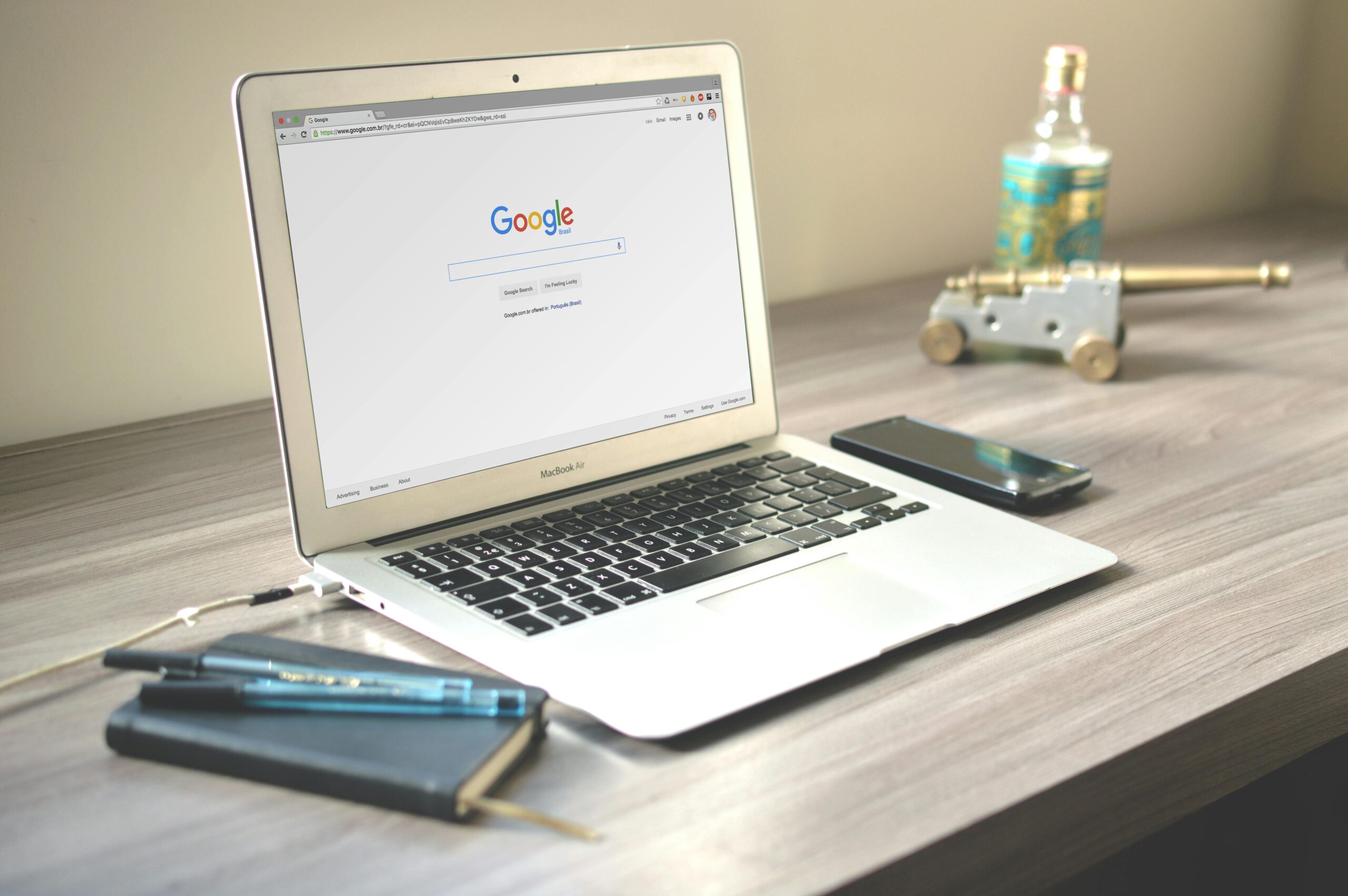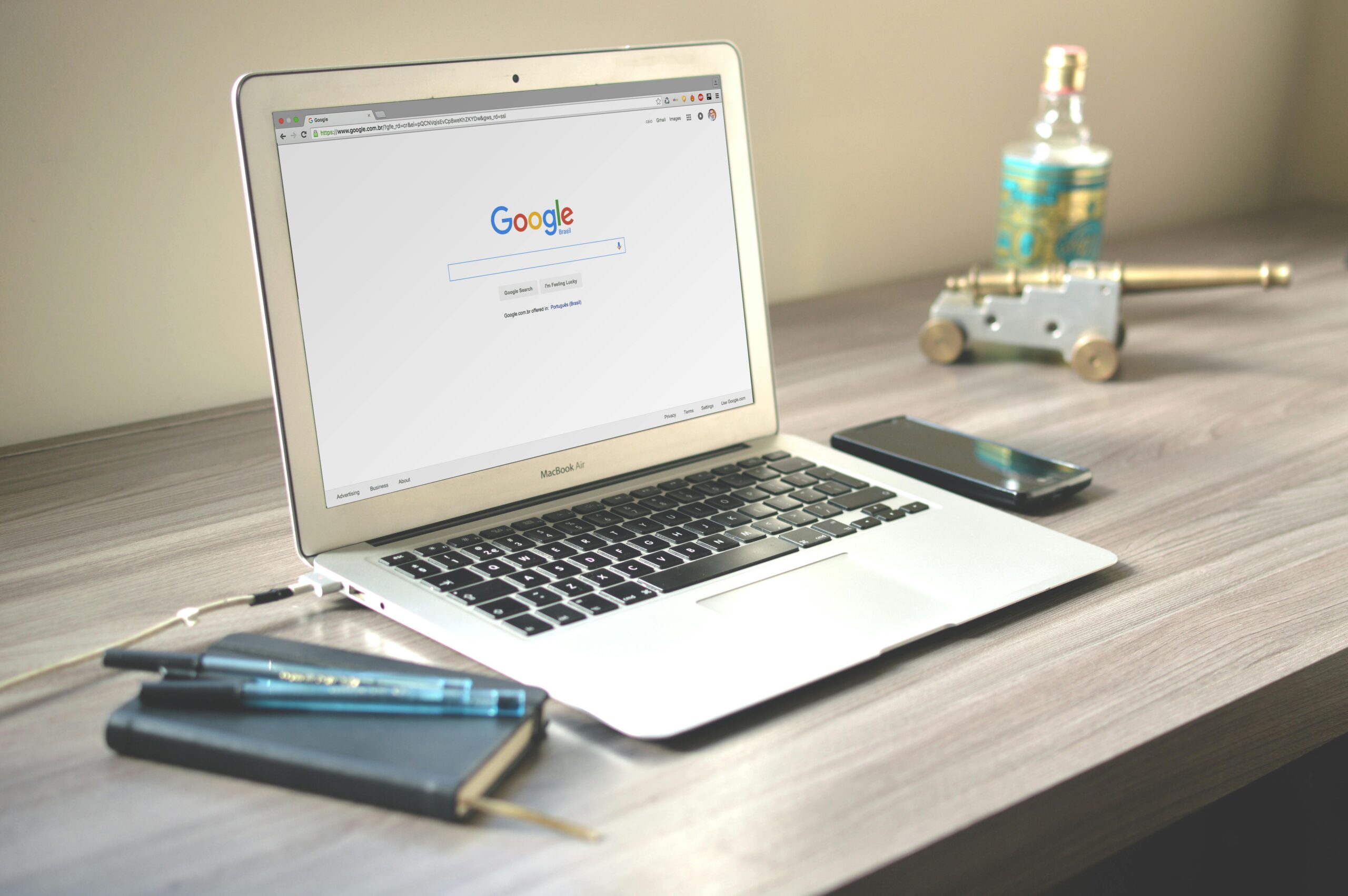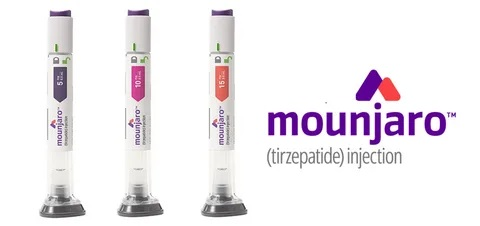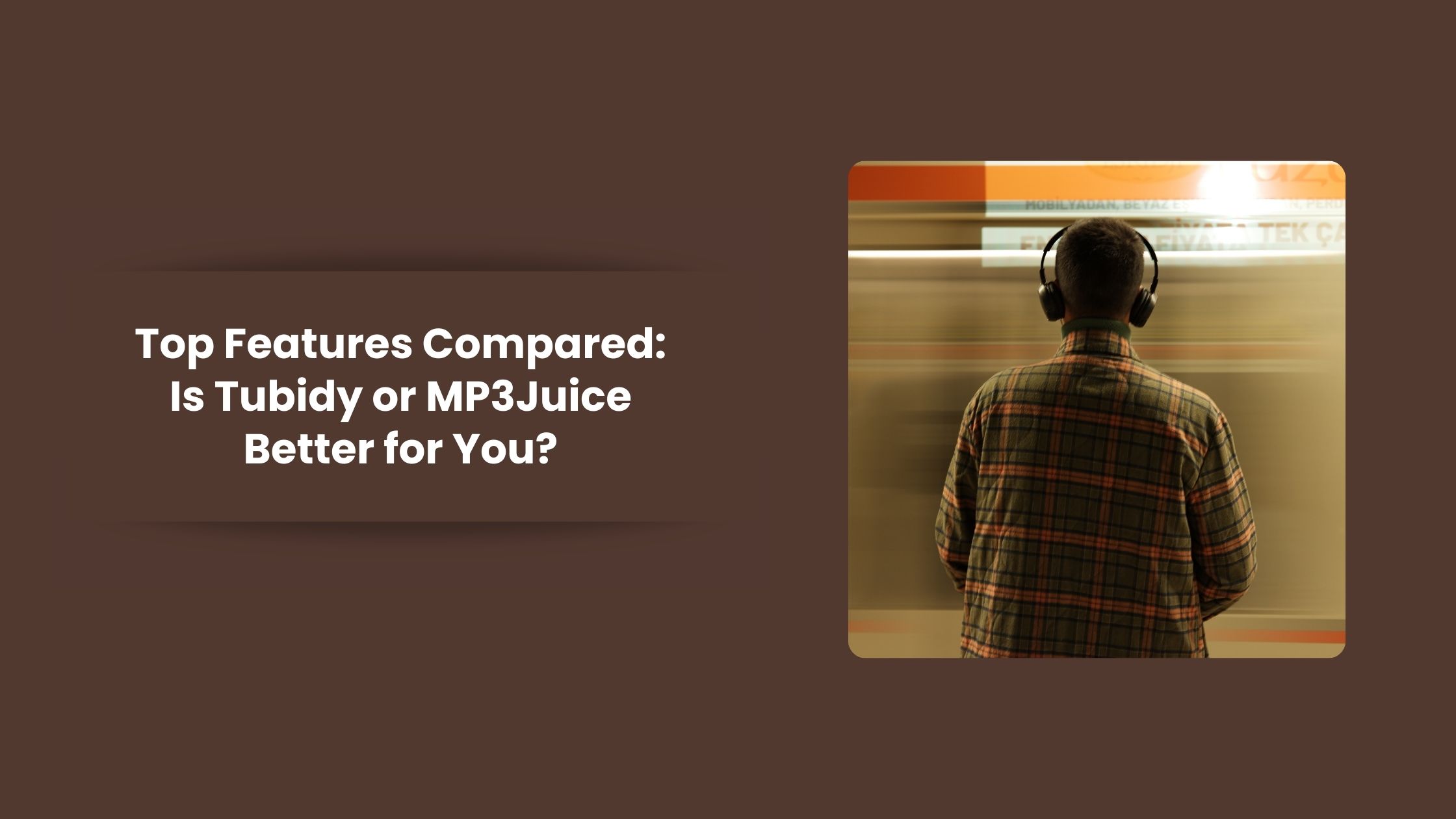The Future of Healthcare: Why AI Mobile Apps Are a Game-Changer

Introduction
Imagine walking into a doctor’s office where your health is already known—your vitals checked, history reviewed, symptoms analyzed—all before you even say “hello.” No, this isn’t a sci-fi movie. It’s the power of AI-powered mobile healthcare apps. Thanks to advances in generative AI in mobile apps, the healthcare landscape is being transformed, and it’s happening right in the palm of your hand.
From predicting illnesses before they strike to giving mental health support at midnight, AI is reshaping how we approach our health. And with the help of a skilled healthcare app development company, these changes are becoming accessible to everyone.
Let’s explore how AI mobile apps are reshaping healthcare and why this is only the beginning.
1. Understanding AI in Healthcare
Artificial Intelligence (AI) in healthcare refers to machines that can mimic human intelligence—like learning, problem-solving, and decision-making. Instead of relying solely on doctors and nurses, AI helps by analyzing data faster and more accurately than any human ever could.
2. The Role of Mobile Apps in Modern Healthcare
Your phone is now more than a communication tool. It’s your fitness coach, diet tracker, meditation guide, and now—your healthcare assistant. Mobile apps are breaking down barriers between patients and providers, giving instant access to medical records, health advice, and even virtual consultations.
3. What is Generative AI in Mobile Apps?
Think of generative AI as a super-smart assistant that doesn’t just give answers—it creates them. It can generate new text, audio, or even images based on data it’s been trained on. In healthcare apps, this means personalized health plans, medical summaries, or even chatbot responses tailored to you.
Example: A generative AI app could suggest a diet plan based on your blood work, preferences, and allergies. That’s not just AI—it’s smart care.
4. How AI-Powered Apps Improve Patient Care
AI-driven apps are like having a mini doctor in your pocket. They:
- Analyze symptoms using data from millions of other cases
- Recommend actions like booking a specialist or starting a home remedy
- Alert healthcare providers if there’s an emergency
By doing so, they reduce the chances of misdiagnosis and ensure faster treatment.
5. The Rise of Personalized Healthcare
No two people are the same—so why should their treatment be? AI enables hyper-personalized care. It studies your past records, lifestyle, and habits to offer:
- Tailored exercise routines
- Medication reminders
- Preventive care suggestions
It’s like having a health buddy who knows your story and always has your back.
6. Mental Health Support Through AI
Mental wellness matters, and AI knows it. Apps using AI can:
- Chat with users experiencing anxiety
- Offer calming exercises
- Track mood and sleep patterns
These tools are especially useful at odd hours when human therapists aren’t available. For many, these apps are a lifeline.
7. Remote Patient Monitoring and Virtual Care
Thanks to generative AI in mobile apps, doctors can now monitor patients from miles away. Devices like smartwatches and wearables track vital signs, feeding real-time data into mobile apps. AI interprets this data to:
- Detect anomalies early
- Alert caregivers or doctors
- Adjust medication or lifestyle recommendations
This makes care more proactive rather than reactive.
8. Healthcare Chatbots: The 24/7 Helpers
Ever had a medical question at 2 a.m.? AI chatbots are always awake. These bots can:
- Answer FAQs
- Book appointments
- Send prescription reminders
- Even provide basic symptom analysis
They reduce the load on medical staff and give instant support to users.
9. Generative AI for Medical Documentation
Doctors spend a big chunk of their time on paperwork. But with generative AI, that’s changing fast. These tools:
- Transcribe consultations
- Summarize patient visits
- Create reports
This allows healthcare professionals to focus more on patient care and less on administrative tasks.
10. Boosting Efficiency for Doctors and Hospitals
Hospitals are adopting AI-powered apps to manage patient flows, optimize scheduling, and reduce wait times. AI systems can:
- Predict admission rates
- Organize test results
- Help in diagnosis with image analysis (like X-rays and MRIs)
This translates to better, faster, and cheaper care for everyone involved.
11. Challenges and Concerns Around AI in Healthcare
Of course, AI isn’t perfect. Concerns include:
- Data privacy: How is your health info stored and used?
- Bias: If AI is trained on biased data, it may give unfair results.
- Over-dependence: Relying too much on machines can be risky.
These are real concerns, but with proper regulations and ethical standards, they can be managed.
12. Why You Need a Healthcare App Development Company
Creating a reliable healthcare app isn’t a DIY project. You need:
- Security expertise to protect sensitive data
- Compliance knowledge with HIPAA or GDPR laws
- AI integration skills to make the app intelligent
A professional healthcare app development company understands these complexities and delivers apps that are both functional and safe. Read more about Pinay Kantutan and Pinay Flix.
13. Real-Life Examples and Case Studies
Here are some real stories that prove AI works:
- Ada Health: An AI-based symptom checker with millions of users.
- Babylon Health: Uses AI to offer consultations, track health, and manage wellness.
- Woebot: A mental health chatbot using AI to offer therapy techniques and emotional support.
These aren’t futuristic experiments—they’re changing lives today.
14. What the Future Holds for AI in Healthcare
Looking ahead, we can expect:
- Predictive healthcare: Catching diseases before symptoms show
- Virtual nurses that talk and respond in real time
- Smart hospitals powered by AI systems
- Integration with wearable tech for full-body tracking
In other words, a healthcare experience that’s intelligent, intuitive, and incredibly personal.
15. Final Thoughts: Embracing the AI Healthcare Revolution
We’re on the edge of a healthcare revolution. And the engine driving this change? Generative AI in mobile apps, built by visionary healthcare app development companies.
With the right tools and responsible innovation, AI can make healthcare more affordable, more personal, and more human.
So the next time you open a health app, just remember—you’re not just holding a phone, you’re holding the future of medicine.
FAQs
- What is generative AI in mobile apps?
Generative AI in mobile apps refers to AI that can create new content—like health plans, summaries, or chatbot replies—based on user data and preferences. - How do healthcare apps use AI to improve care?
They analyze symptoms, predict health issues, provide tailored recommendations, and even alert doctors in emergencies, making care faster and smarter. - Is AI in healthcare apps safe to use?
When developed by trusted healthcare app development companies, these apps follow strict privacy rules and ensure secure data handling. - Can AI mobile apps replace doctors?
No, they don’t replace doctors. They support them by offering faster insights and reducing routine tasks, making healthcare more efficient. - Why should I choose a healthcare app development company?
They bring the technical know-how, security expertise, and compliance understanding needed to create reliable, powerful, and safe AI healthcare apps.


 English
English 
